
Tibalt's Trickery | Illustration by Anna Podedworna
If you’re preparing to jump into MTG Arena for the first time ever or just the first time in a while, it’s probably a good idea to refresh yourself on the current ban lists for the formats you can play on the platform. This stops you from wasting wildcards on cards you can’t play, and it gives you an idea of how the meta has shifted.
Below are the banned cards from every MTGA formats, as well as a quick rundown of the types of cards that are banned in them to give you an idea of which type of cards might be banned in the future.
Standard/Standard Brawl
Magic’s main reason for banning cards is to prevent one or two decks from dominating competitive play. Fable of the Mirror-Breaker, Invoke Despair, and Reckoner Bankbuster were found in a huge percentage of competitive Standard decks, causing Wizards to ban them to promote diverse deckbuilding.
Similarly, The Meathook Massacre was such a powerful black enchantment that it was banned because players essentially felt like they had to be playing it to keep up. Not only was it a flexible board wipe, but it could also serve as a win-con thanks to its life loss ability.
Explorer
- Expressive Iteration
- Field of the Dead
- Geological Appraiser
- Karn, the Great Creator
- Kethis, the Hidden Hand
- Leyline of Abundance
- Lurrus of the Dream-Den
- Nexus of Fate
- Oko, Thief of Crowns
- Once Upon a Time
- Teferi, Time Raveler
- Tibalt's Trickery
- Underworld Breach
- Uro, Titan of Nature's Wrath
- Veil of Summer
- Wilderness Reclamation
- Winota, Joiner of Forces
It's easy to see a pattern in the spells banned in Explorer. Lower mana cards that hit harder than you would expect for their value are ripe for banning in this format. That includes 3-mana planeswalkers like Teferi, Time Raveler and Oko, Thief of Crowns that are consistently good or cards like Tibalt's Trickery that allow you to cheat out massive cards early in the game.
While not as splashy, cards like Once Upon a Time and Expressive Iteration gave specific color identities too much of an advantage when it came to finding specific cards, making combo decks in those colors much easier to play.
Historic
- Agent of Treachery
- Blood Moon
- Bloodstained Mire
- Brainstorm
- Channel
- Commandeer
- Counterspell
- Dark Ritual
- Demonic Tutor
- Field of the Dead
- Force of Vigor
- Flooded Strand
- Intruder Alarm
- Land Tax
- Lightning Bolt
- Mana Drain
- Memory Lapse
- Natural Order
- Necropotence
- Nexus of Fate
- Oko, Thief of Crowns
- Once Upon a Time
- Polluted Delta
- Ragavan, Nimble Pilferer
- Reanimate
- Show and Tell
- Sneak Attack
- Spreading Seas
- Swords to Plowshares
- Thassa's Oracle
- Tibalt's Trickery
- Time Warp
- Uro, Titan of Nature's Wrath
- Veil of Summer
- Wilderness Reclamation
- Windswept Heath
- Wooded Foothills
Many cards banned in Explorer are also banned in Arena's Historic format, though some, like Winota, Joiner of Forces, are notably absent from Historic's ban list due to the format having a wider range of responses for them.
Another trend you’ll notice in Historic is that easily castable extra turn spells are banned, whether that’s Time Warp which is especially cheap or Nexus of Fate which players can cast multiple times a game.
Often, cards are also banned when they’re only added to Arena for a specific Limited experience but aren’t intended to be factored into competitive play. This includes special inclusions like Mana Drain, which popped up as a Breaking News showcase card in Outlaws of Thunder Junction.
Timeless
Timeless is a format with no banned cards by design. That's the main difference between Historic and Timeless: you can play any card on Arena. However, even in a format that’s meant to allow players the widest range of cards possible, there are still a few cards it makes sense to restrict – you can only have one of them in your main deck and sideboard combined, rather than four copies.
With so many X spells that deal direct damage like Fireball and Banefire, restricting Channel makes sense. This classic Magic combo essentially lets you win the game far too easily, and too many decks would be built around it. However, X-damage cards aren’t a big deal on their own, so simply restricting Channel is a good way to cut out this combo.
Channel is also just very powerful sorcery in its own right, as 1 life for a generic mana is a very fair trade and allows you to accelerate your game far too quickly. Trading 10 life for a turn 2 Ulamog, the Ceaseless Hunger is still likely to win you the game.
Demonic Tutor is also restricted since this black sorcery can easily tutor combo pieces, which there are many of in this format. One such combo card? The fearsome Tibalt's Trickery that caught a restriction because it easily cheats massive spells into play.
Brawl
- Agent of Treachery
- Chalice of the Void
- Channel
- Demonic Tutor
- Drannith Magistrate
- Field of the Dead
- Gideon's Intervention
- Lutri, the Spellchaser
- Meddling Mage
- Natural Order
- Nexus of Fate
- Oko, Thief of Crowns
- Phyrexian Revoker
- Pithing Needle
- Runed Halo
- Sorcerous Spyglass
- Tainted Pact
- Ugin, the Spirit Dragon
Brawl uses Historic cards, but the ban list is a bit different. Most of these bans prevent players from easily shutting down an opponent’s commander. This means cards like Pithing Needle, Meddling Mage, or Runed Halo that allow you to name and target specific cards. While these are fine in formats where you’ll be forced to guess which cards your opponent has in the first game, Brawl shows you immediately which card you should name, allowing you to easily shut down your opponent’s entire strategy.
The other bans take some of the stronger cards from from the format. Lutri, the Spellchaser might be the most busted companion in Brawl since you don't need to do any work to play it. Demonic Tutor and Natural Order provide the singleton format with a touch too much consistency. Cards like Nexus of Fate and Field of the Dead simply dominate games with minimal effort, and who could forget how busted Channel is?
Alchemy
There are no cards banned in MTG Arena’s Alchemy format.
When Are Cards Banned on MTG Arena?
Wizards of the Coast typically evaluate cards for banning two to five weeks after a new Standard Magic set is released. That said, Wizards has done away with having specific days for bans, and now bans cards any time they see fit. These announcements are always made on a Monday according to their site.
Do You Get Wildcards Back for Banned Cards? When?
When a card is banned, you’ll receive wildcards as replacements for those cards, with a few exceptions. If the card has been banned before, but in a different format, you won’t receive wildcards again. You’ll only receive wildcards the first time the card is banned. Wizards of the Coast also doesn’t give wildcards for cards banned specifically in Brawl.
Once Wizards announces a ban, it takes a few days for it to hit MTG Arena. For example, when Oko, Thief of Crowns was banned in Historic on March 9, 2020, MTGA was updated on March 12, 2020 to include the ban. At the bottom of a ban announcement, Wizards lists the date that the ban becomes effective on MTG Arena. That’s the day you receive your wildcard refunds.
When Do Cards Get Unbanned?
Announcements about cards being unbanned also happen on Monday along with other ban and restriction announcements. That said, don’t count on it being a common occurrence. Cards are unbanned in Magic somewhat rarely even when there are cards that players clearly think deserve to be unbanned. One reason for this is that bans themselves are meant to be a rare thing. If Magic bans a card, it’s usually for a good reason, so there would have to be some massive changes to the format it’s banned in for it not to be a problem anymore.
Another reason it takes time for cards to get unbanned is that it’s a much lower priority than banning a card. Would I like to be able to play Coalition Victory in my themed Sisay, Weatherlight Captain deck? Sure, but not being able to doesn’t ruin the Commander format for me. On the other hand 3 out of 4 players in a pod playing Golos, Tireless Pilgrim has an immediate, negative impact on the format.
Why Aren’t Cards Banned In Alchemy?
As a digital-only format, Alchemy uses rebalancing to fix format issues instead of bans. This means editing the text of certain cards that might be ban-worthy to make them slightly less powerful. This allows you to keep using a nerfed version of the card if you want, but it can stop that card from taking over the entire format if it’s too good.
Wrap up
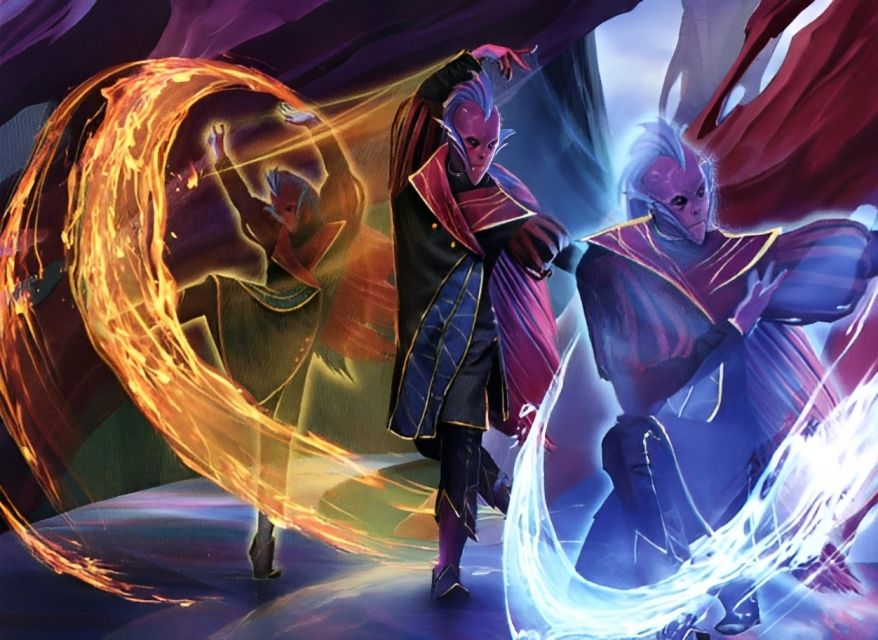
[Expressive Iteration | Illustration by Anastasia Ovchinnikova
You should always keep an eye on Arena's ban lists so you don't spend wildcards on cards you can’t play in your favorite format. Luckily, Wizards tries not to make a habit of banning too many cards, so it’s easy to keep track of new announcements. Just remember to keep an eye out on Mondays for any updates about upcoming bans, especially in the weeks following Standard set releases.
If you’re curious about cards that are banned in paper formats, you can check out our articles on Modern or other formats on Draftsim’s blog. If you have specific questions you can also reach out in the comments, on Twitter, or on Draftsim’s Discord.
Thank you for reading, and see you next time!
Follow Draftsim for awesome articles and set updates: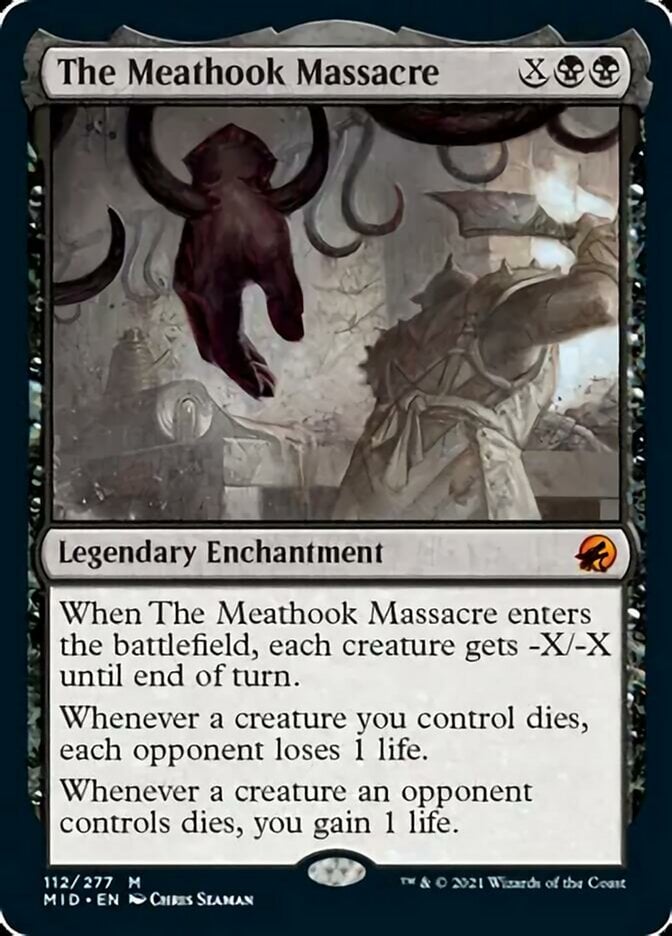
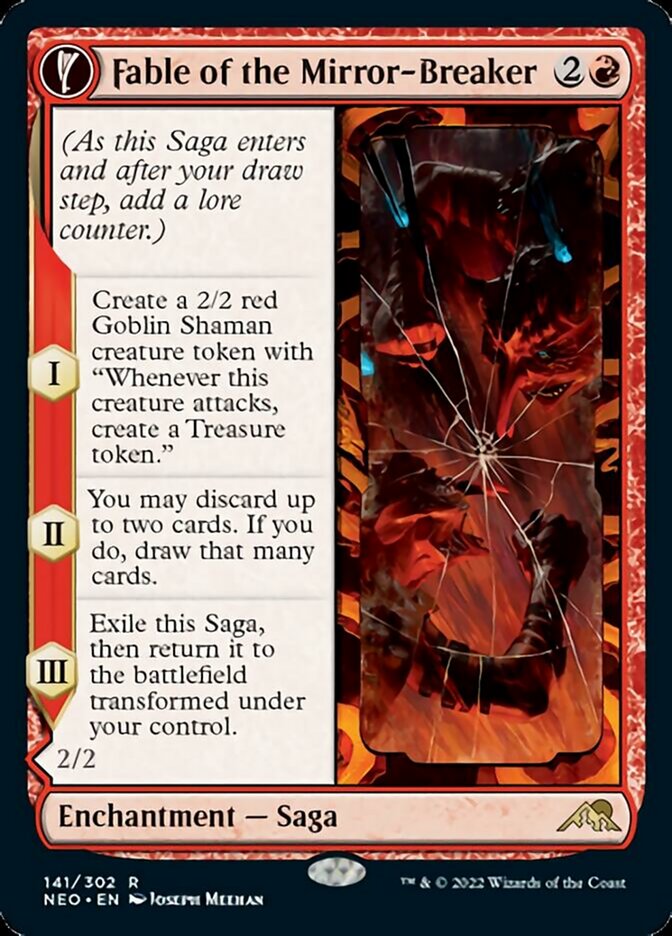
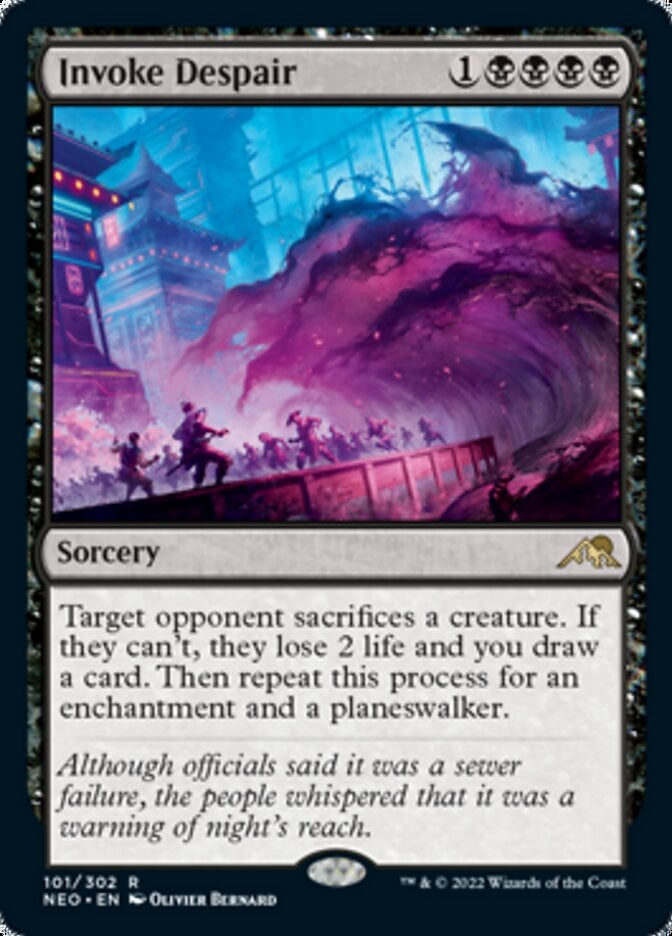
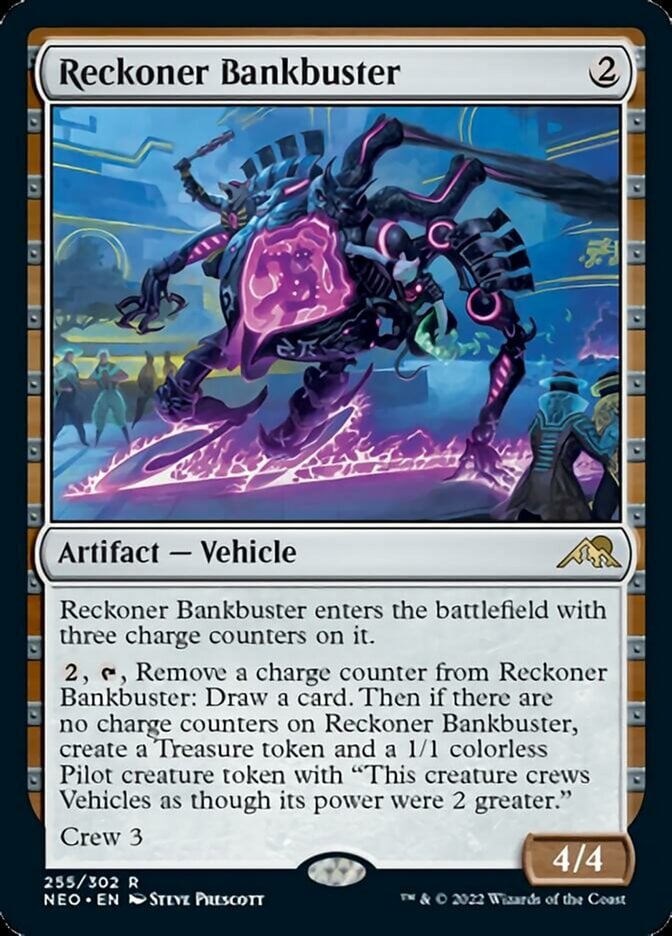
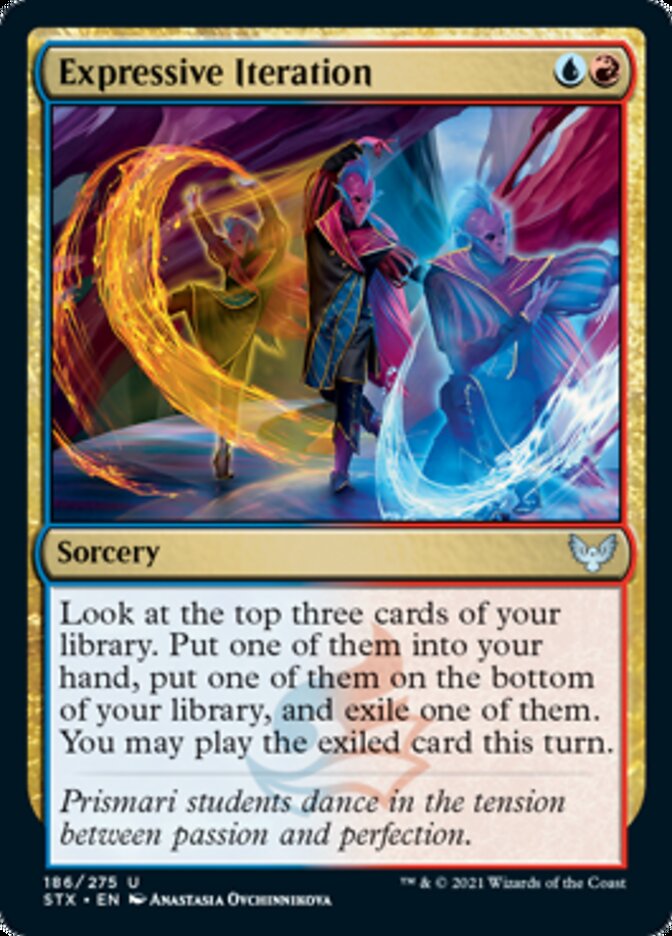
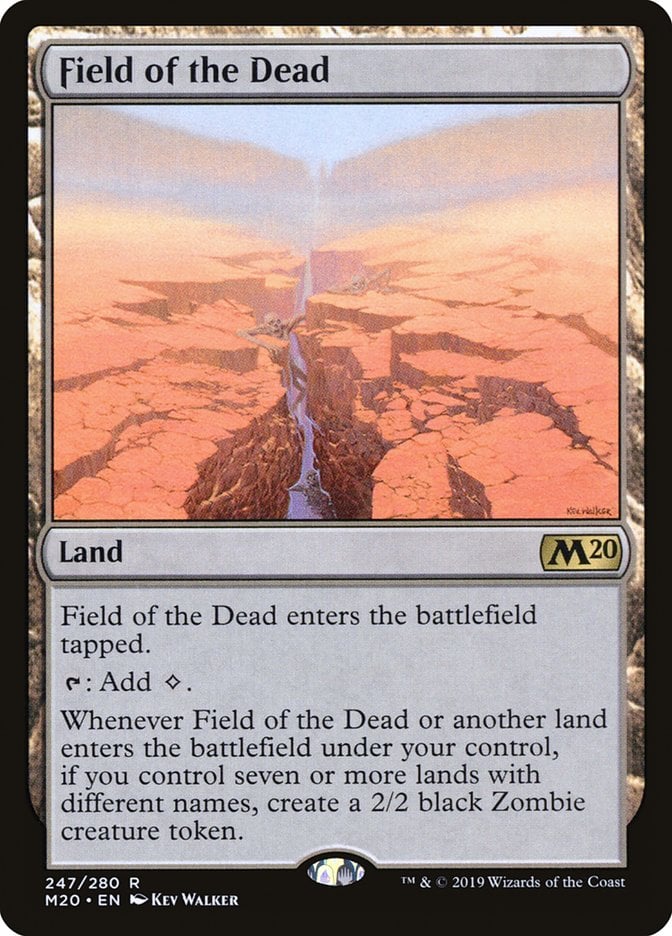
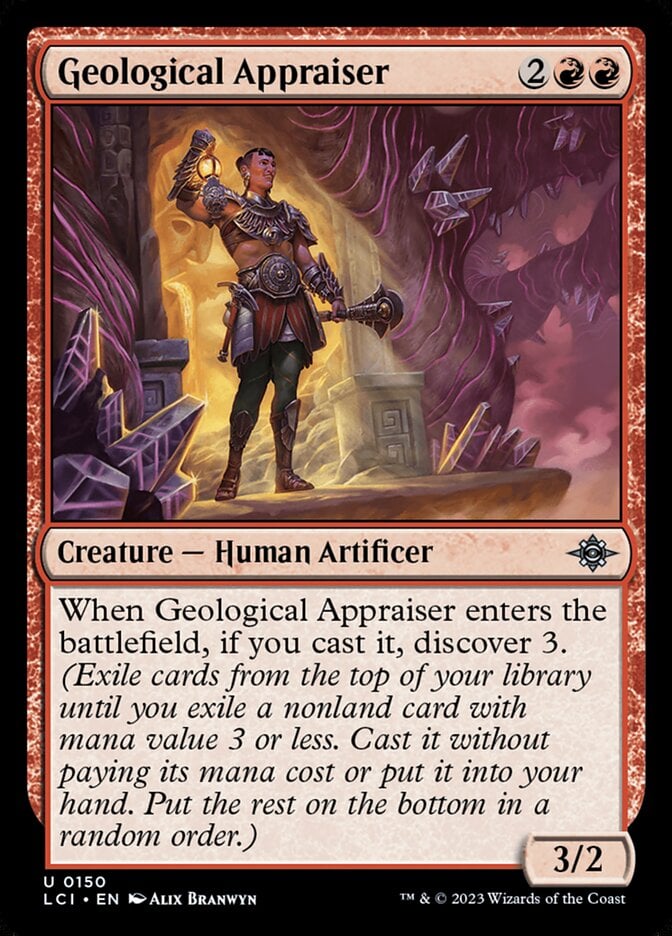
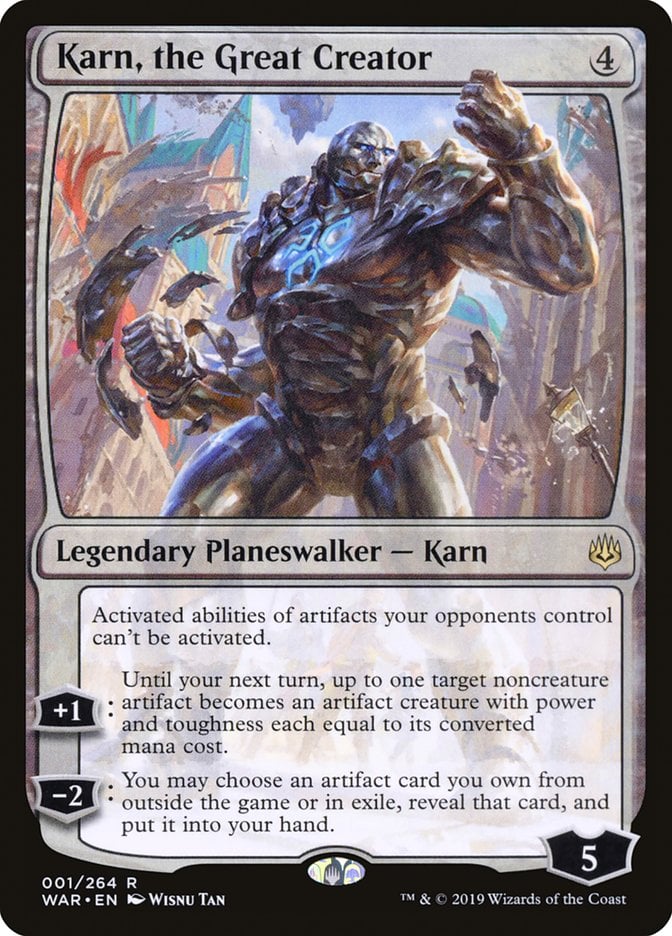
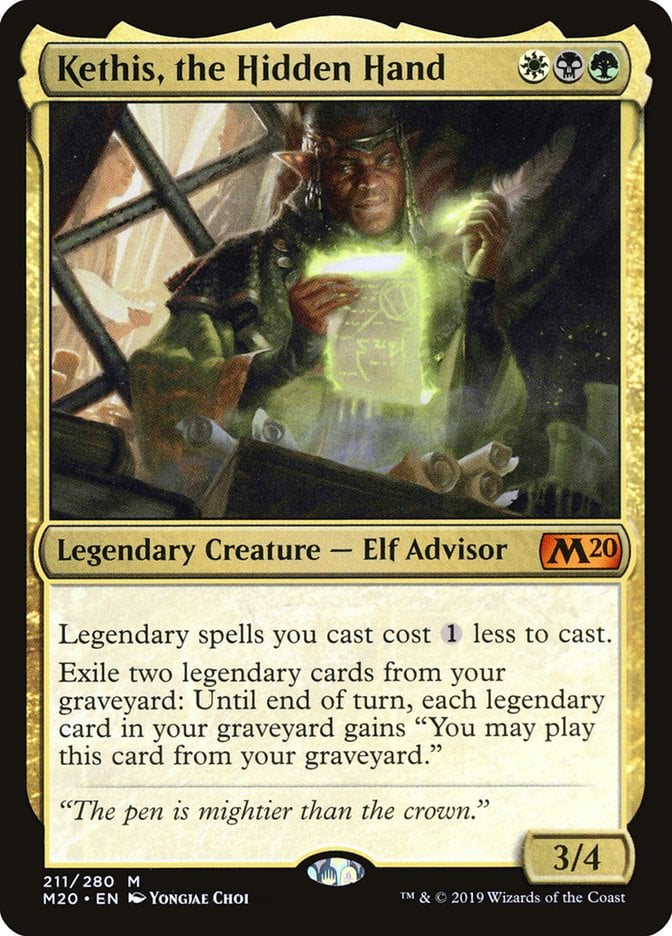
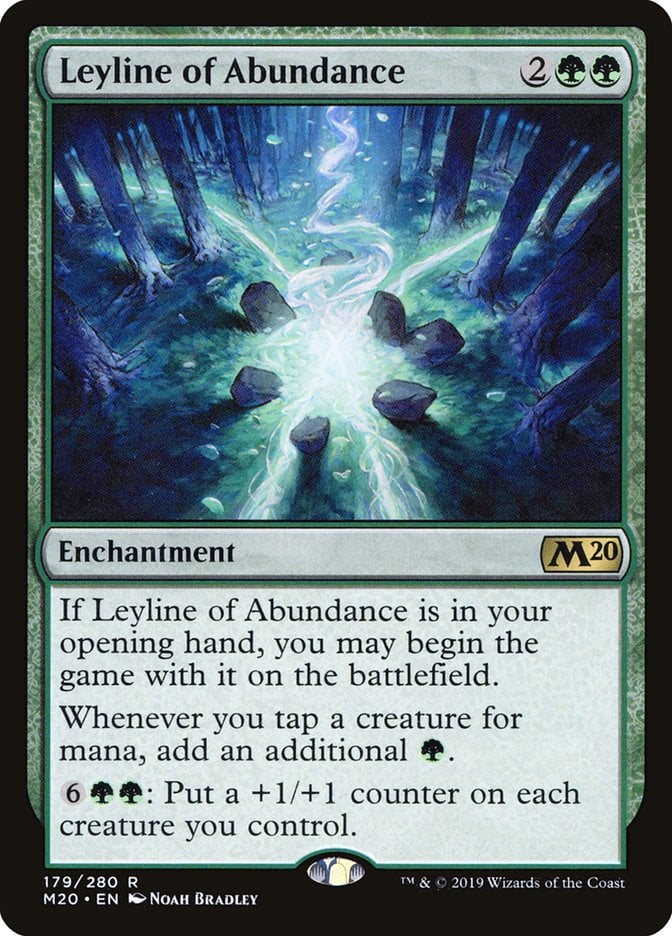
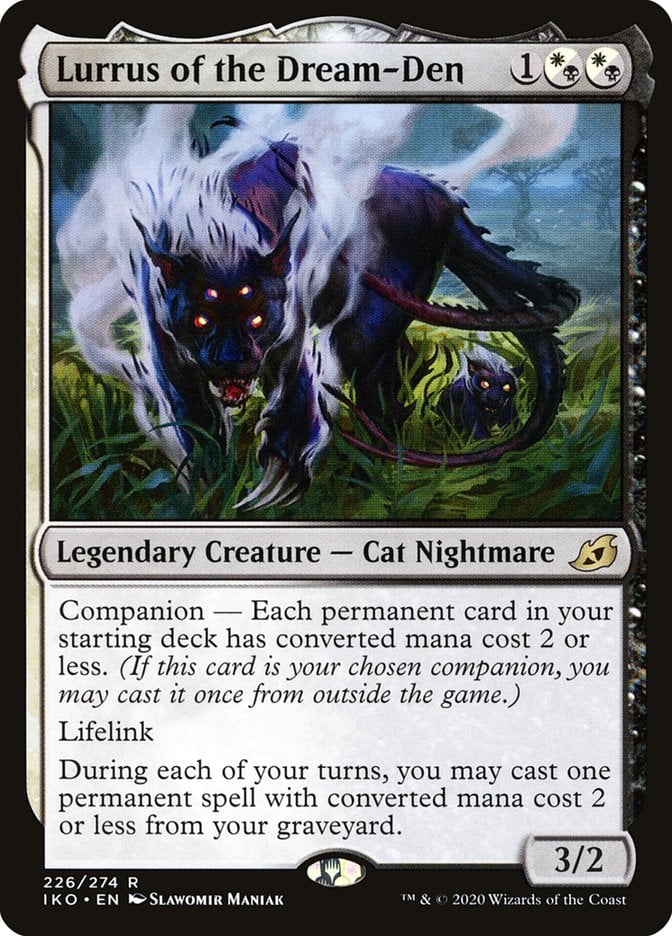
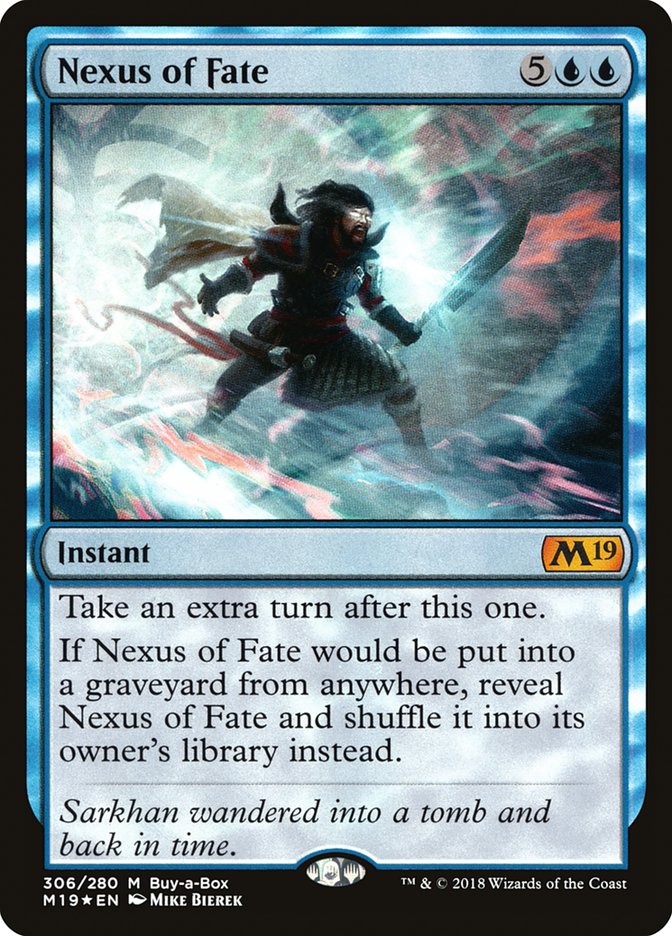
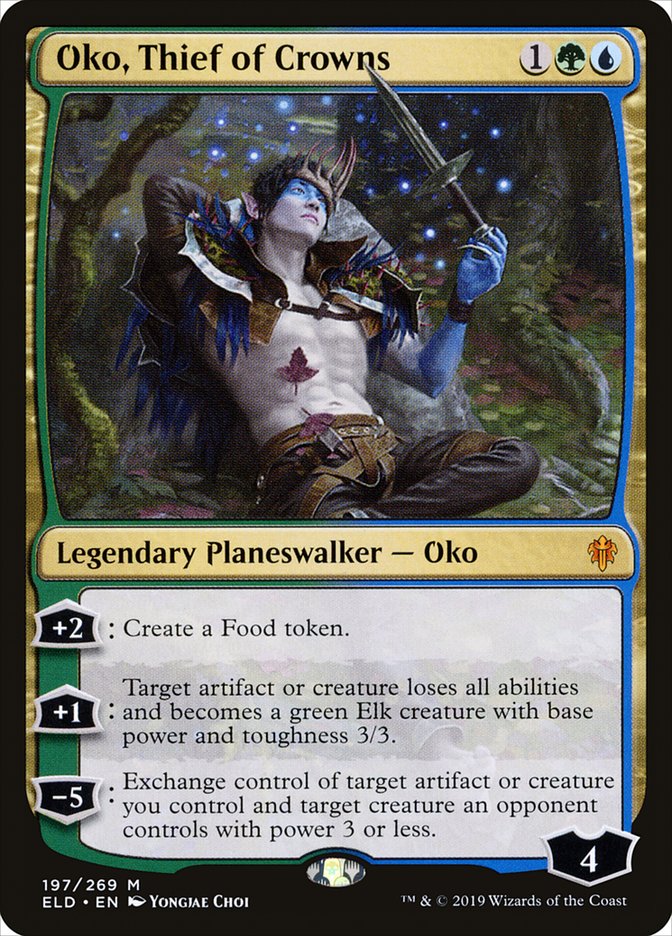
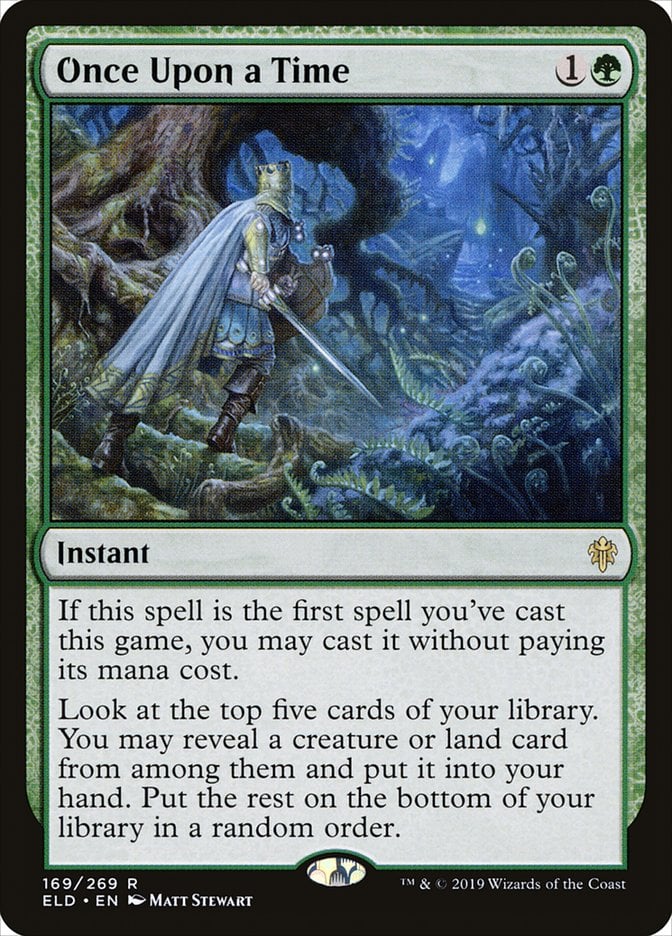
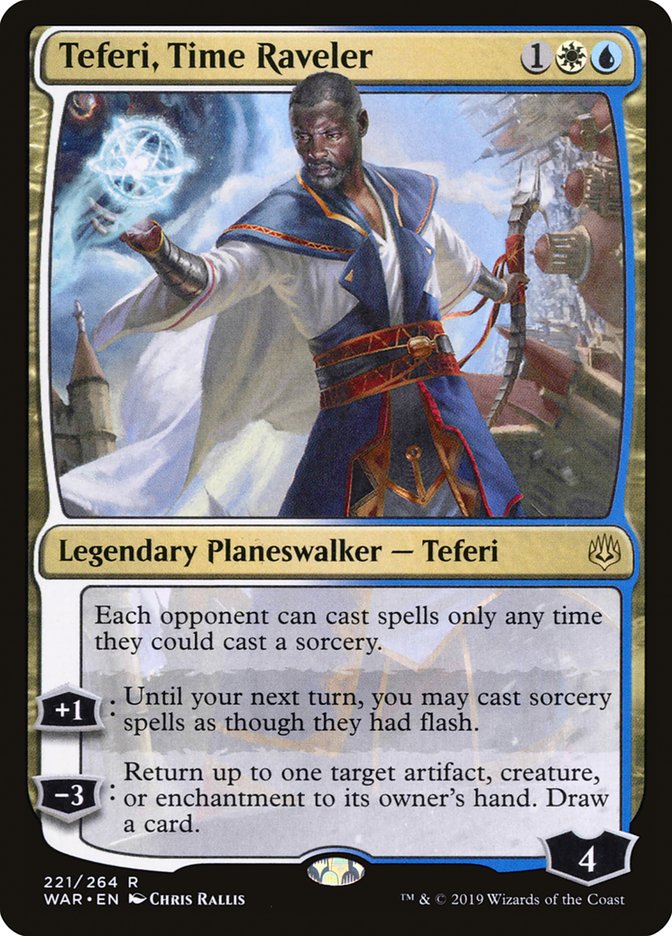
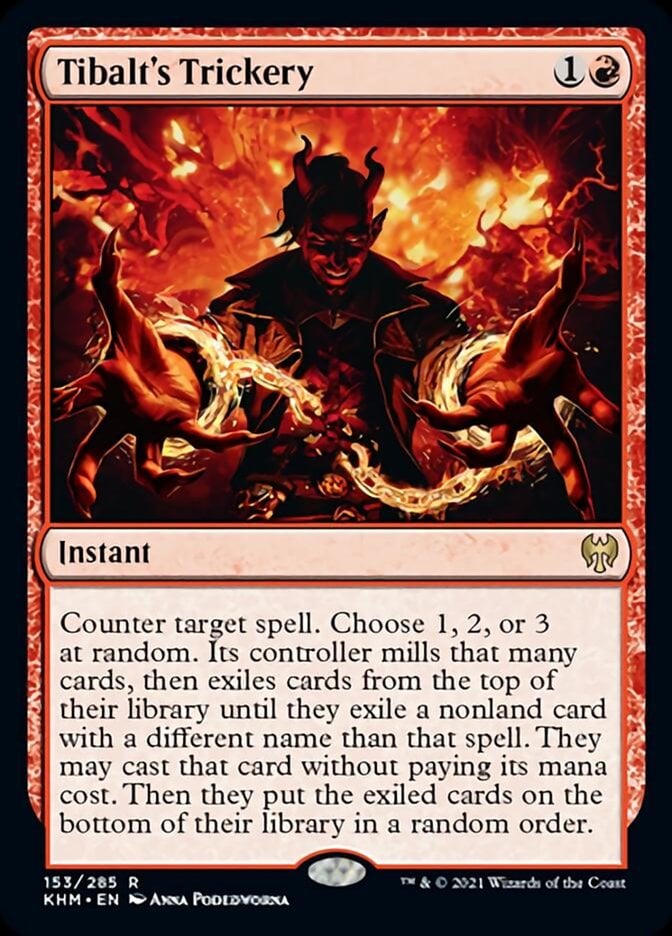
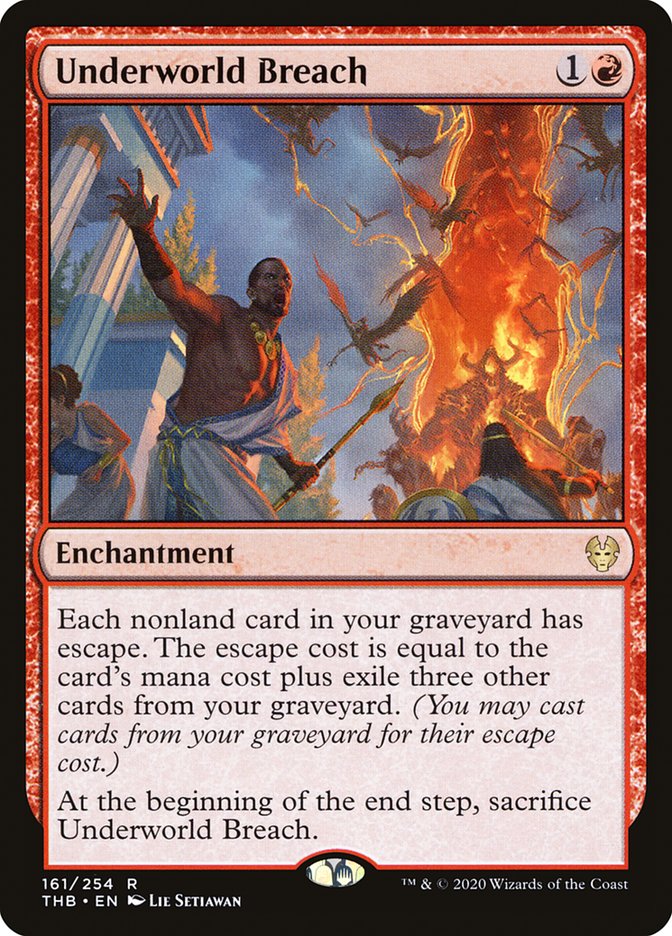
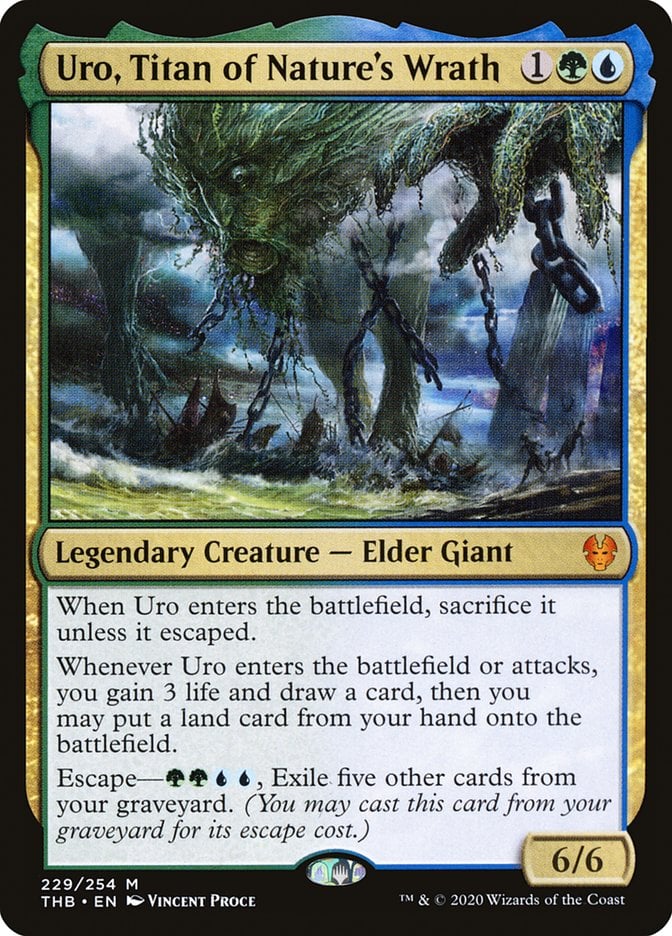
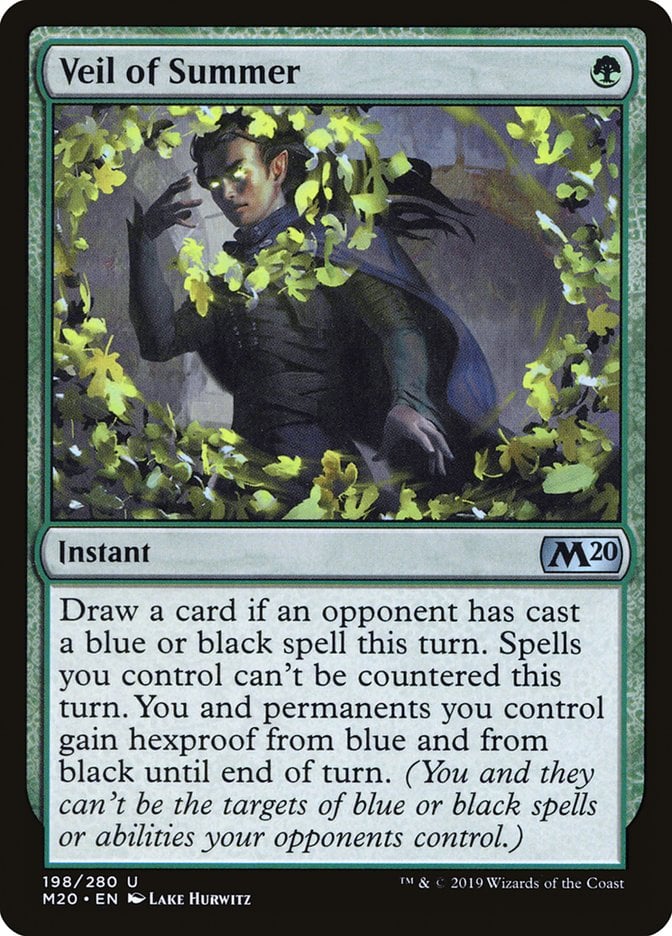
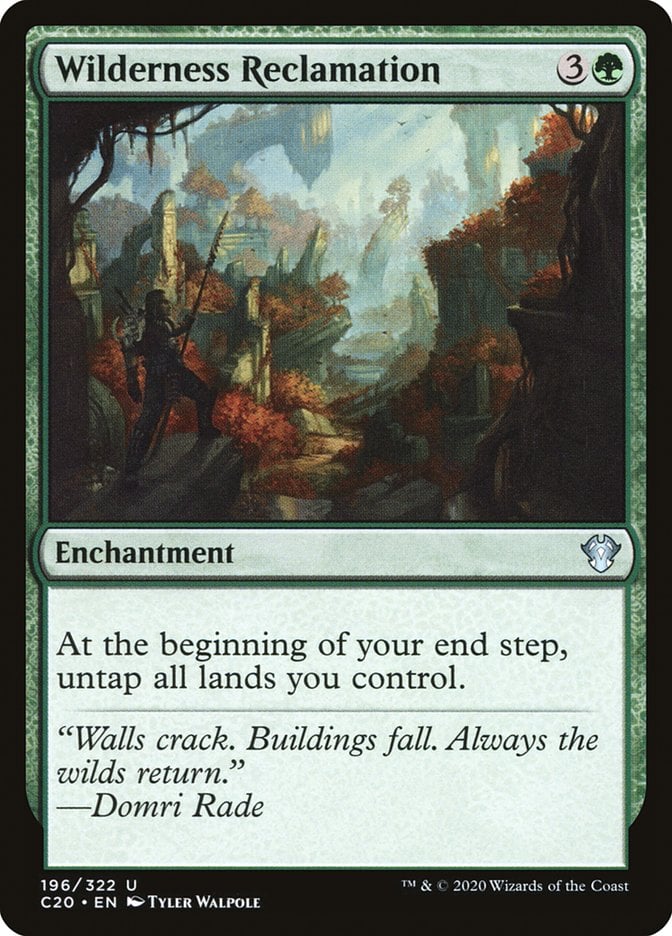
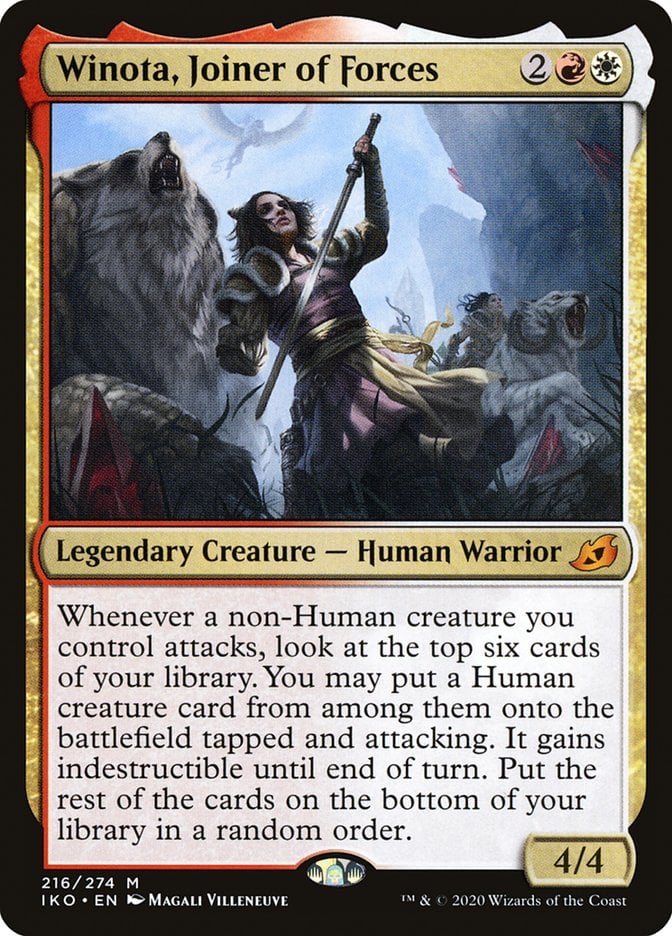
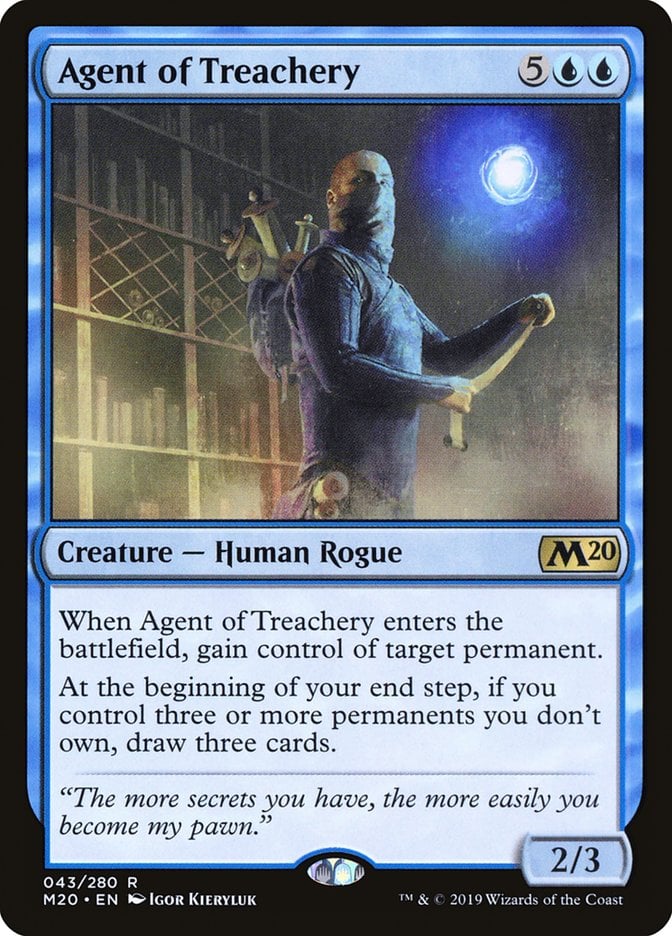
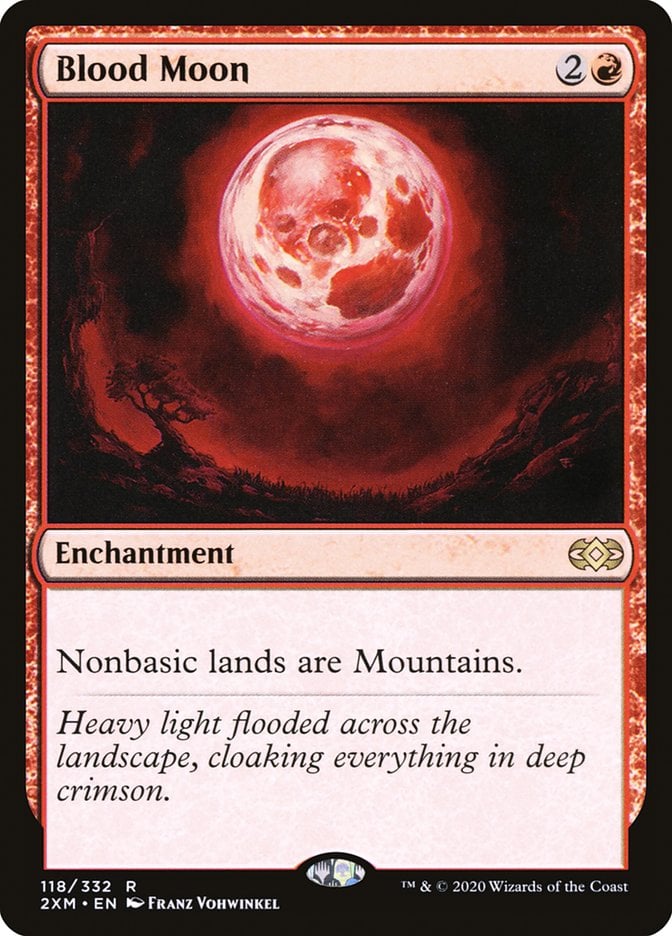
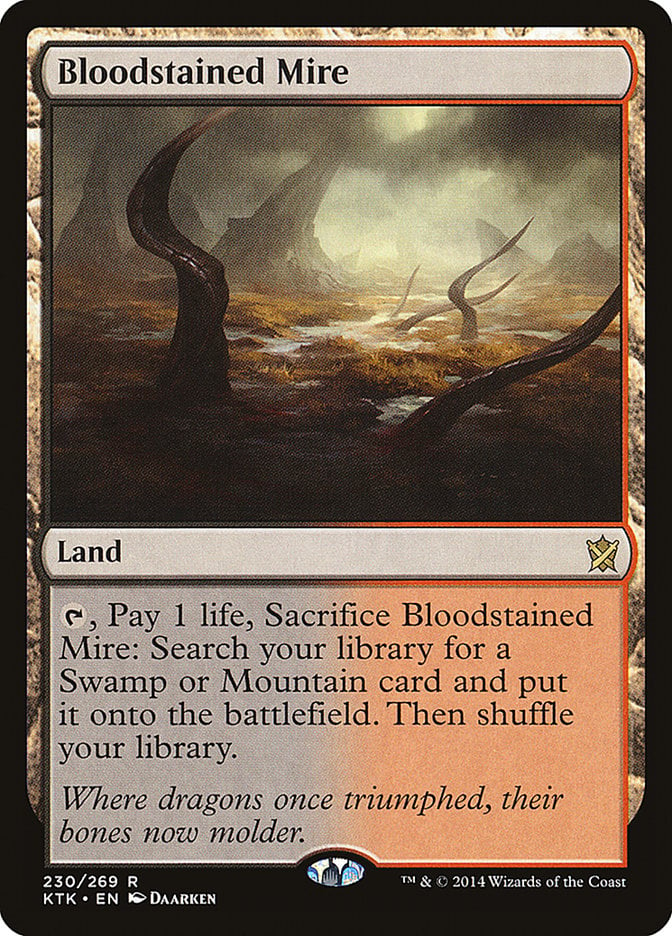
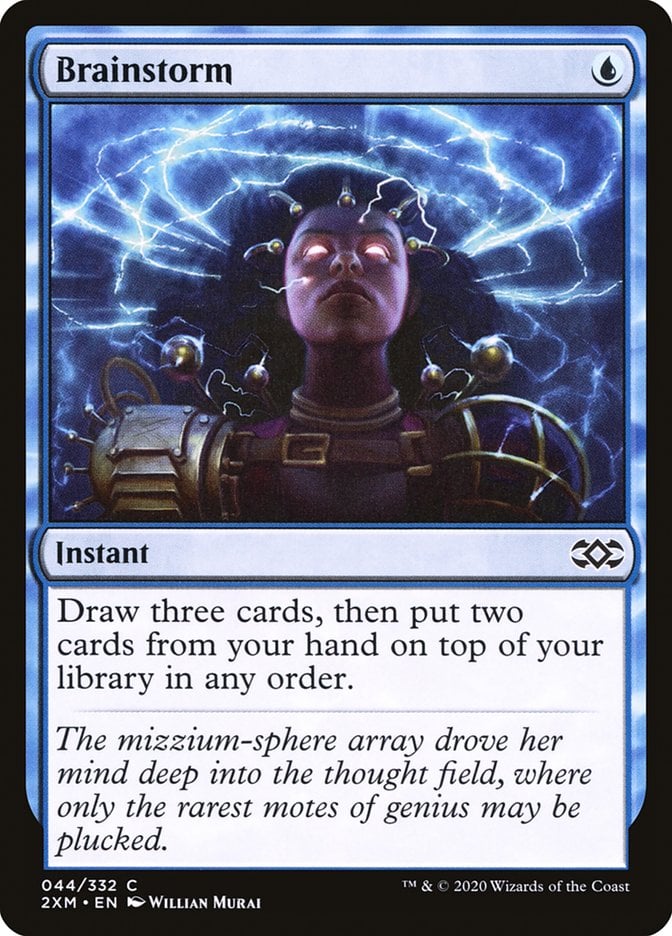
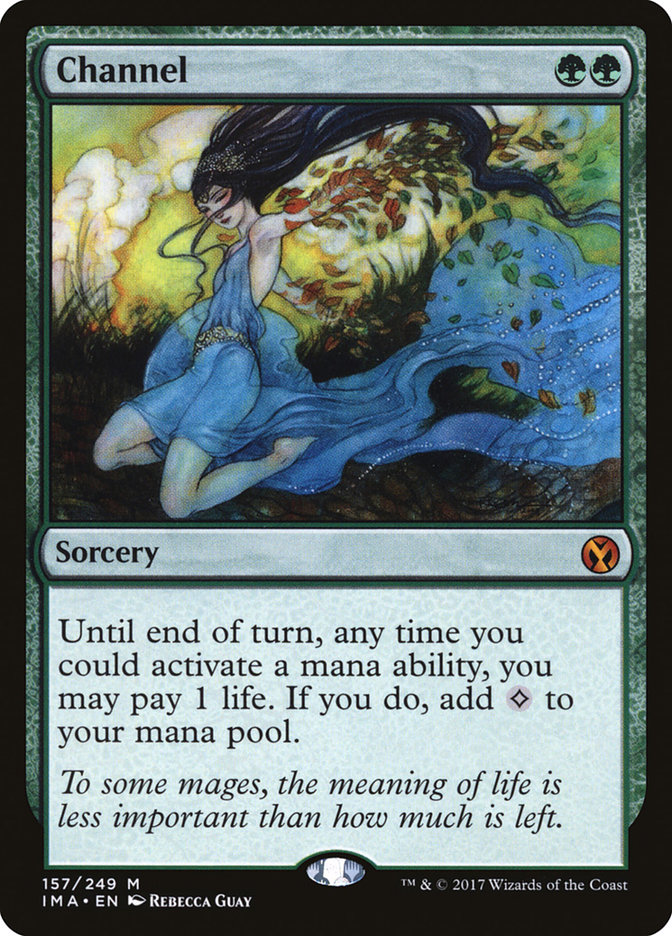
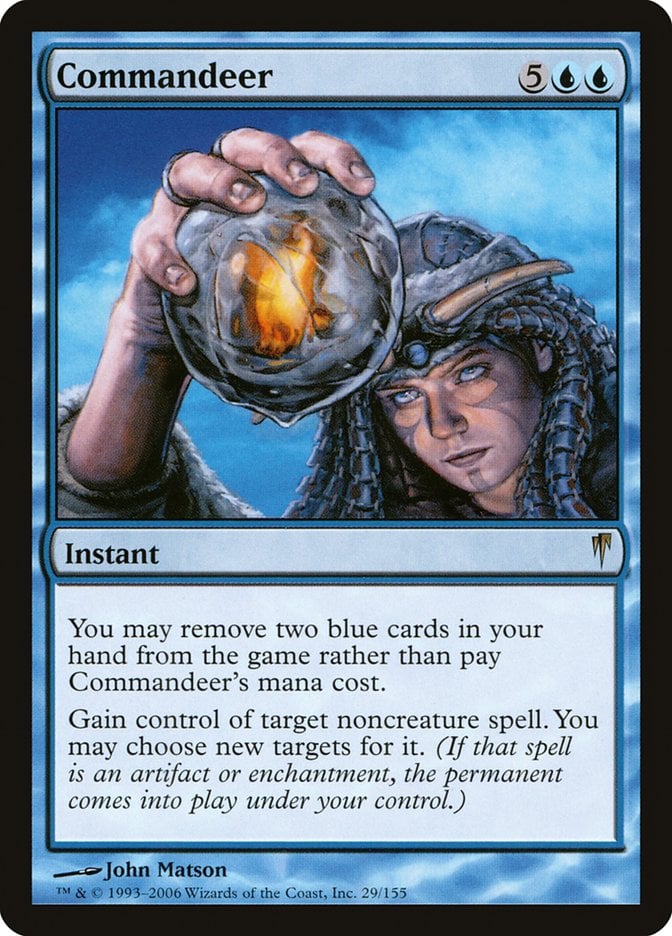
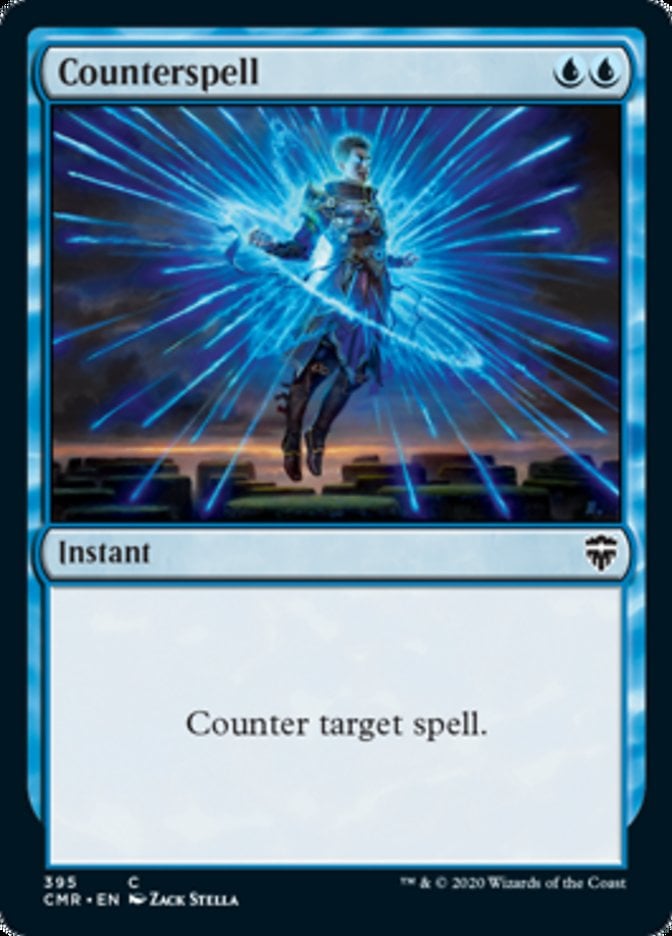
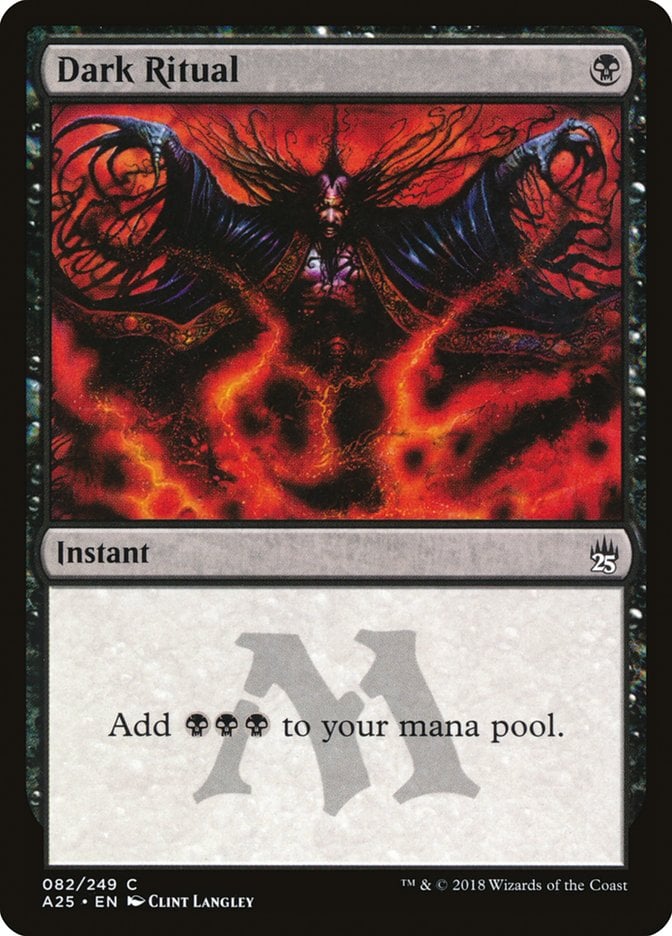
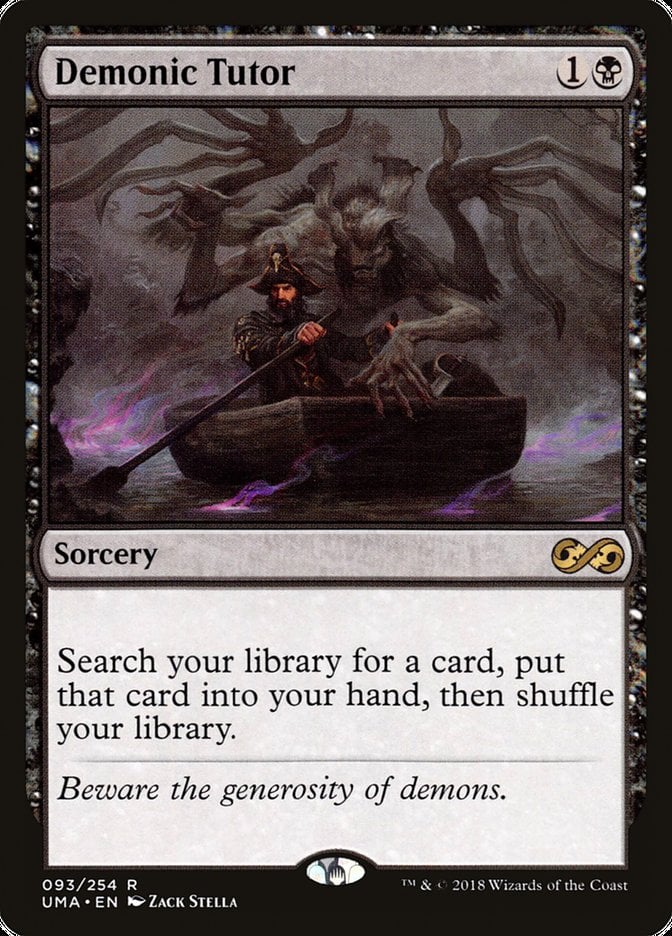
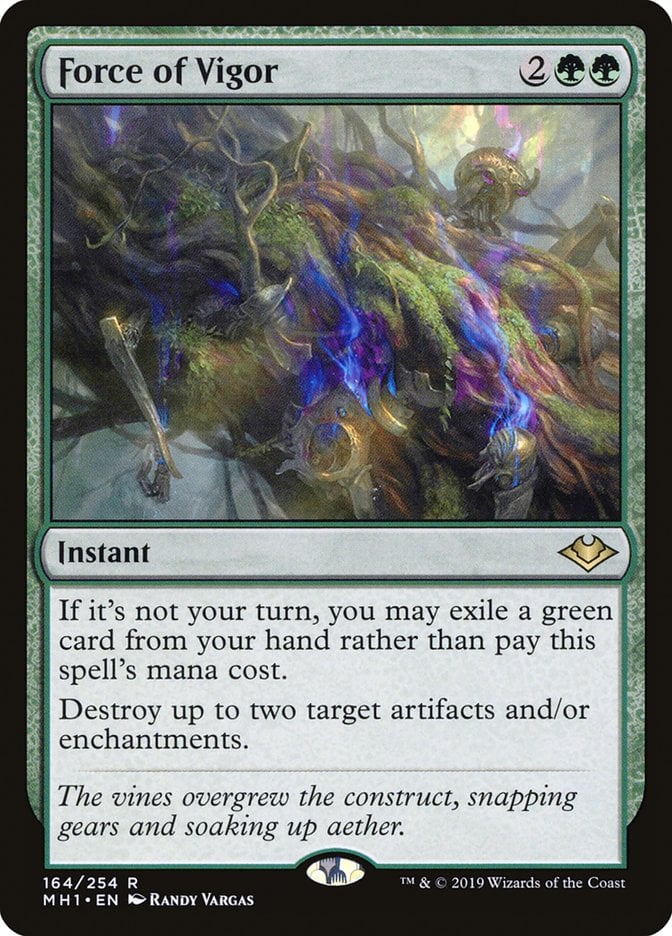
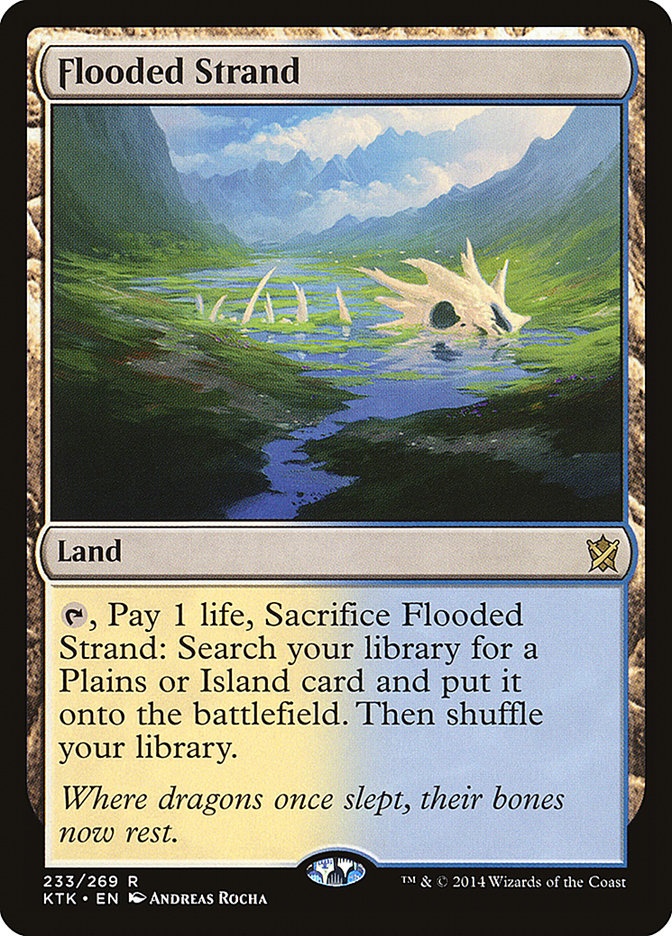
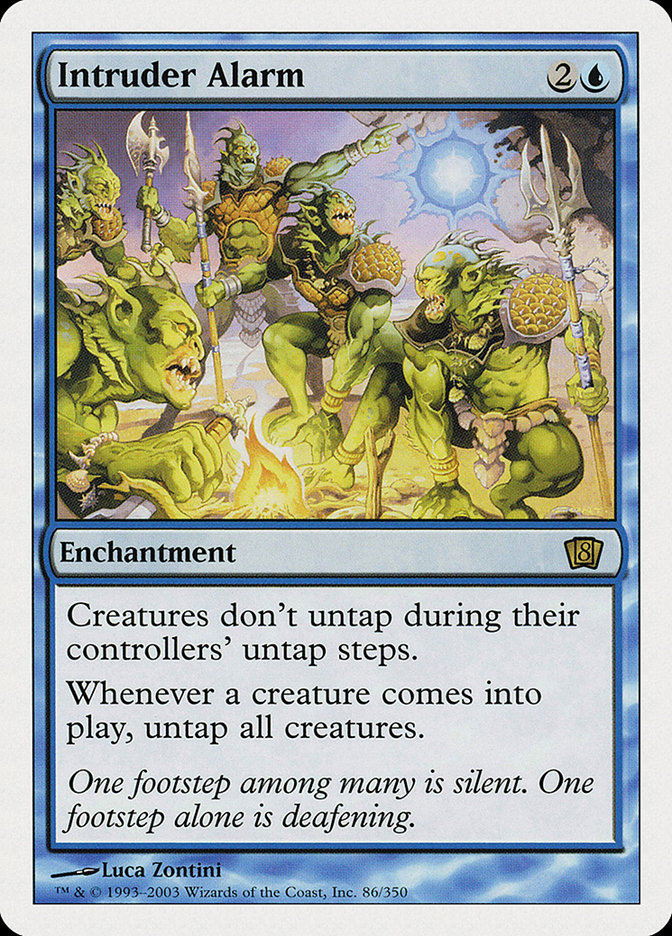
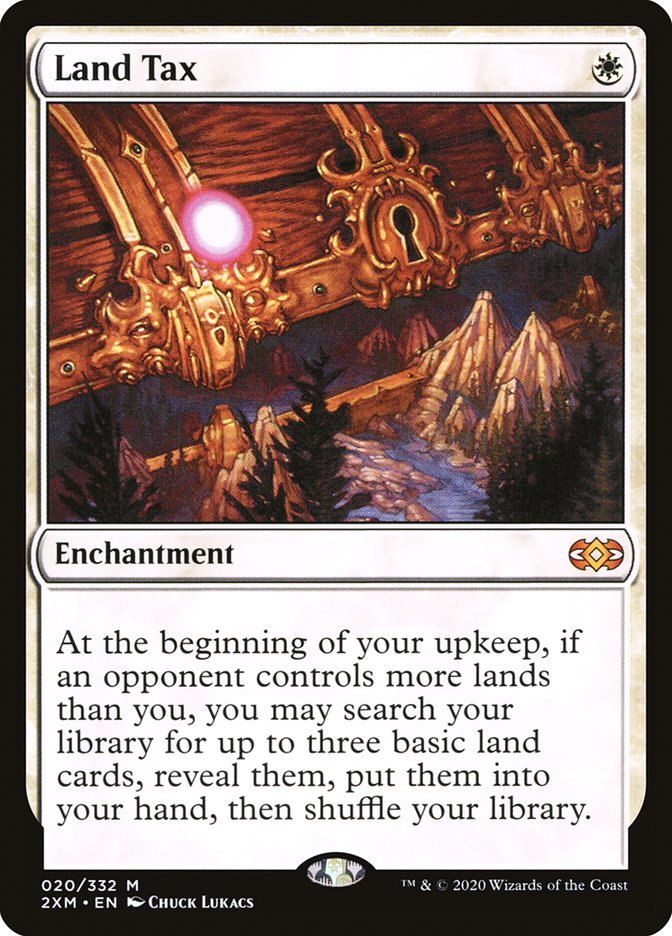
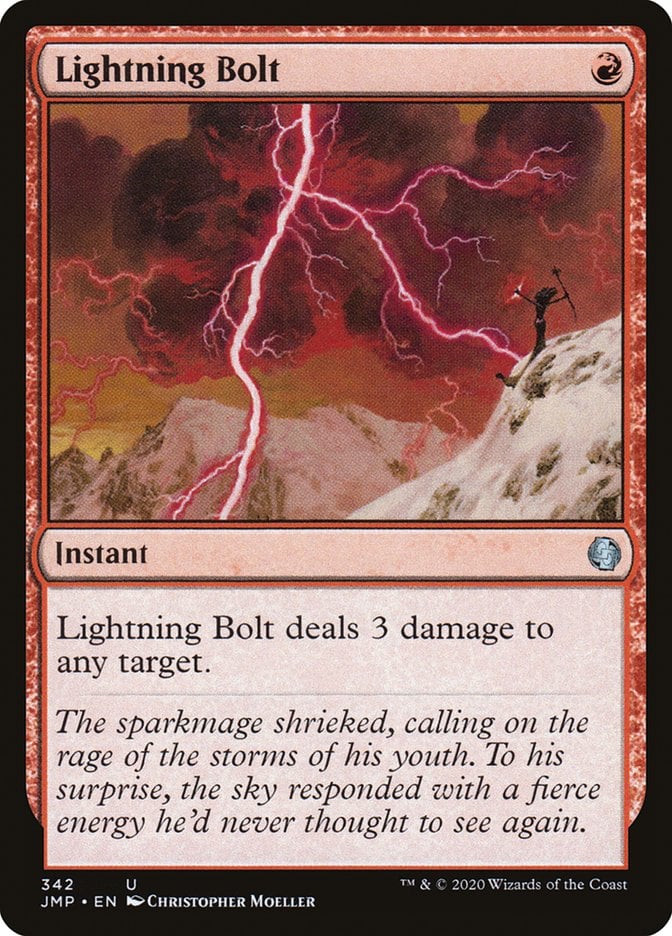
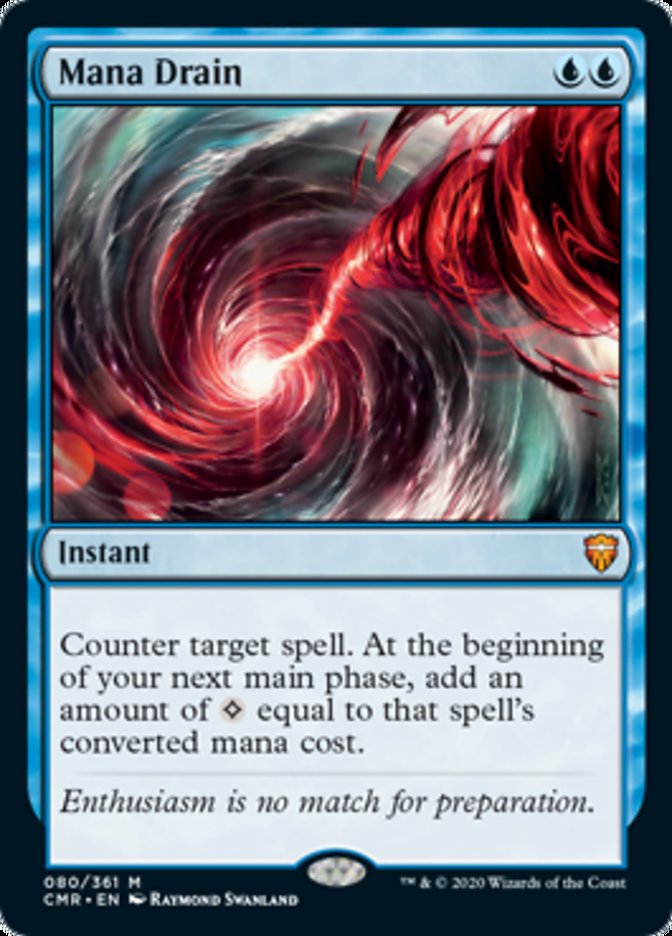
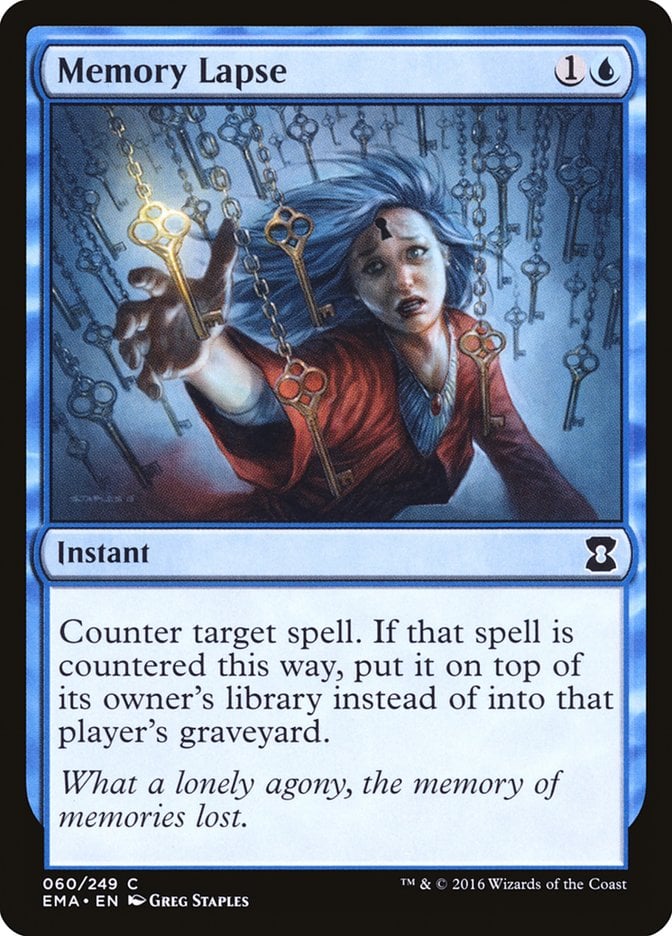
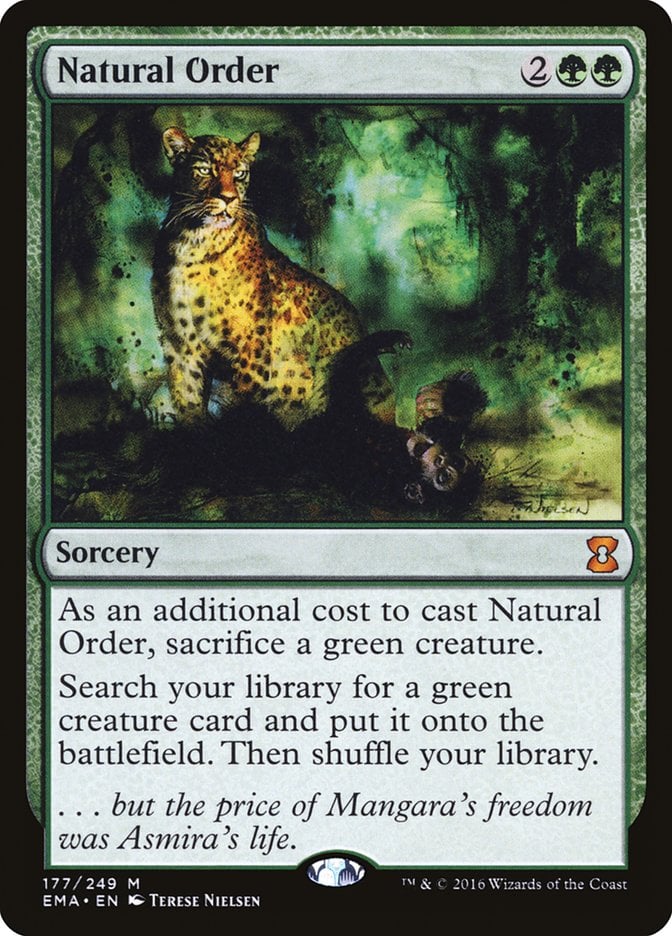
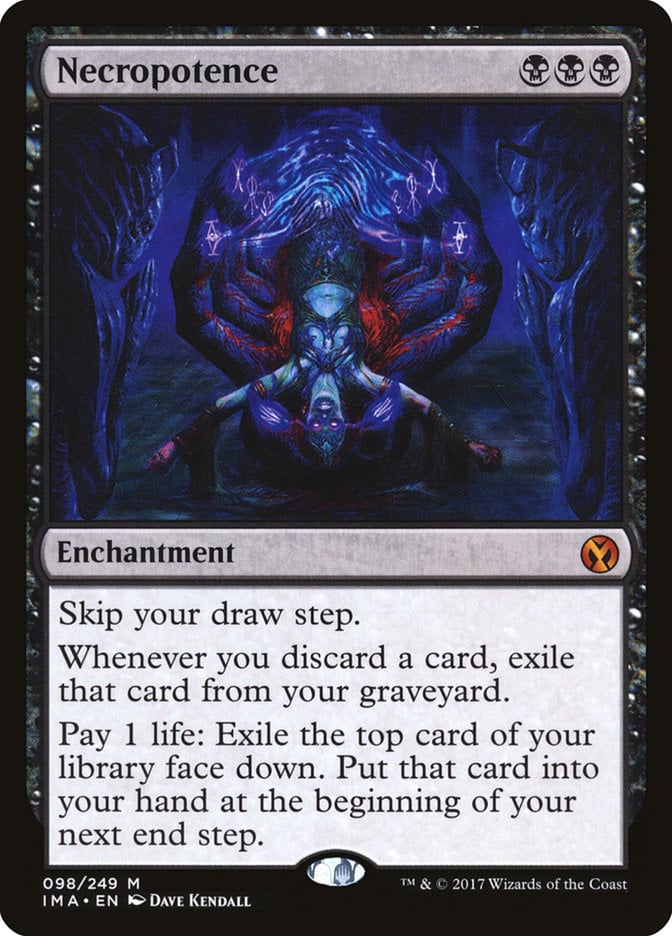
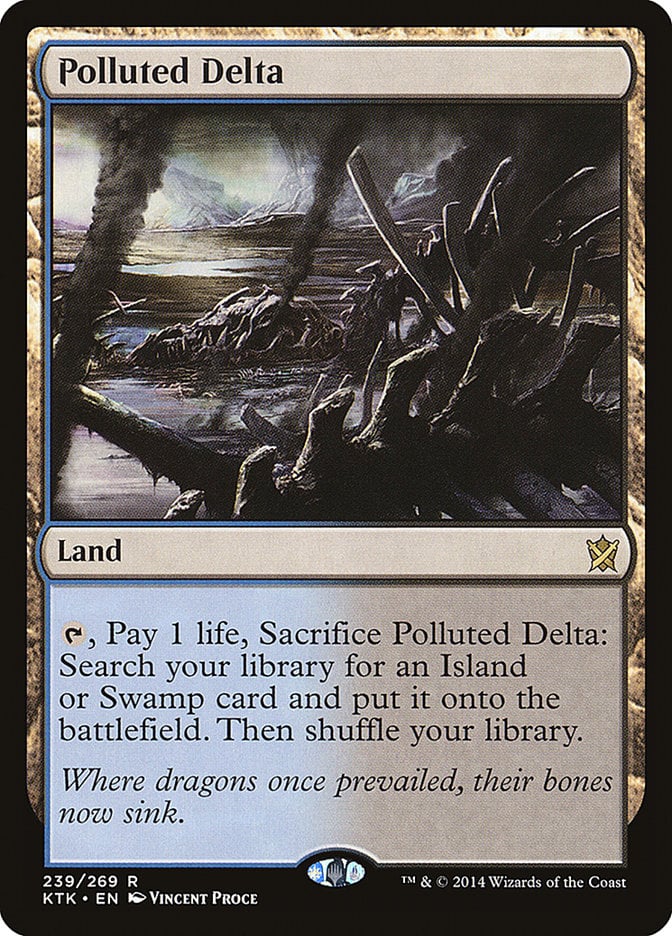
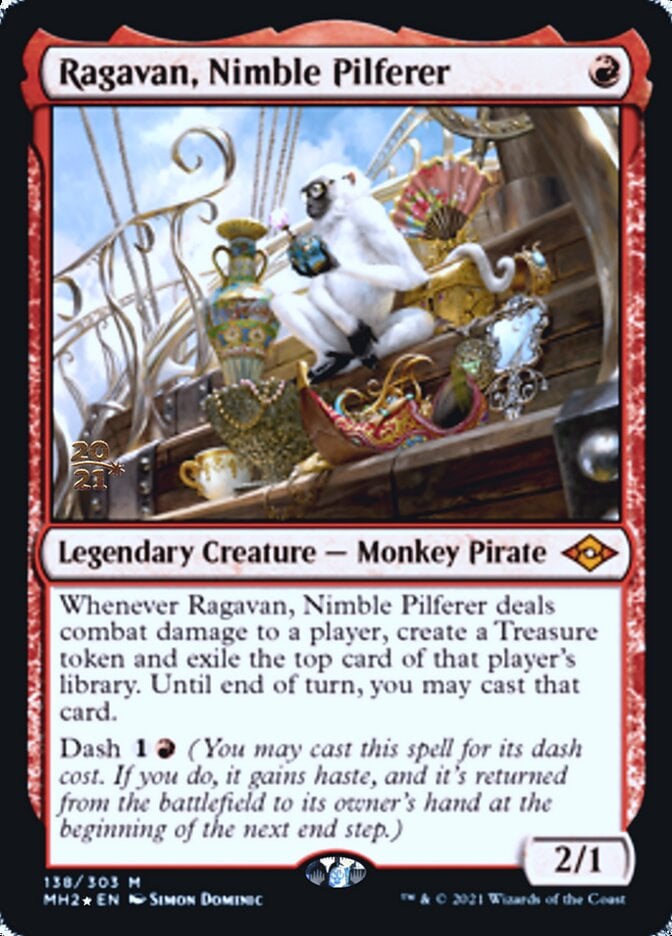
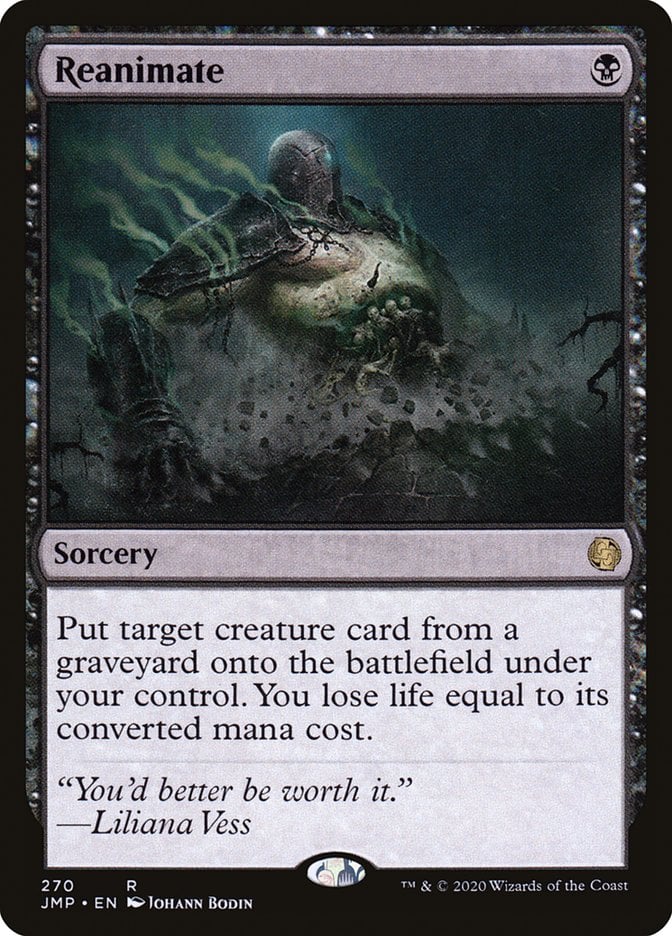
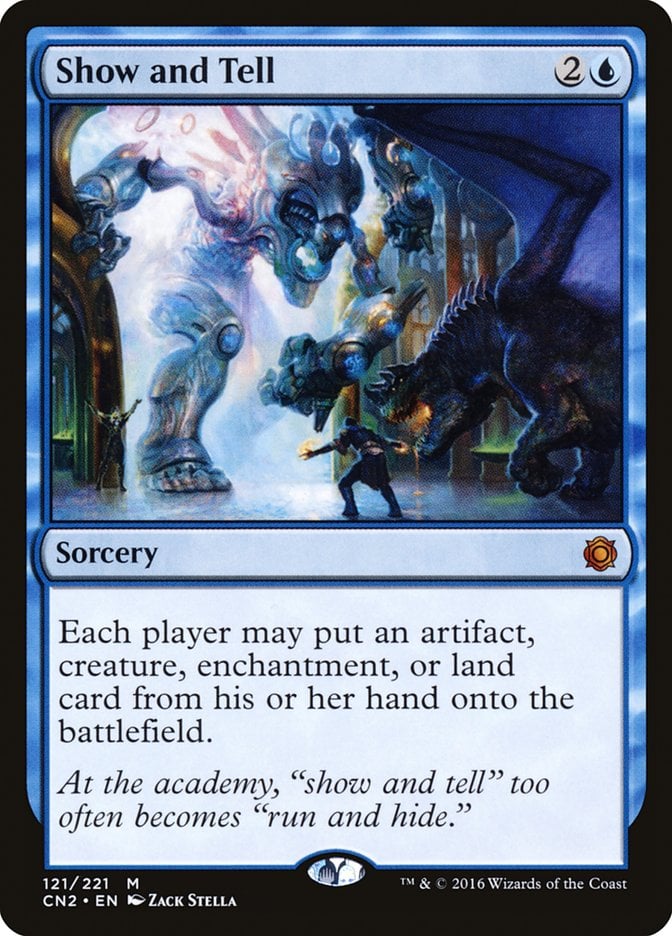
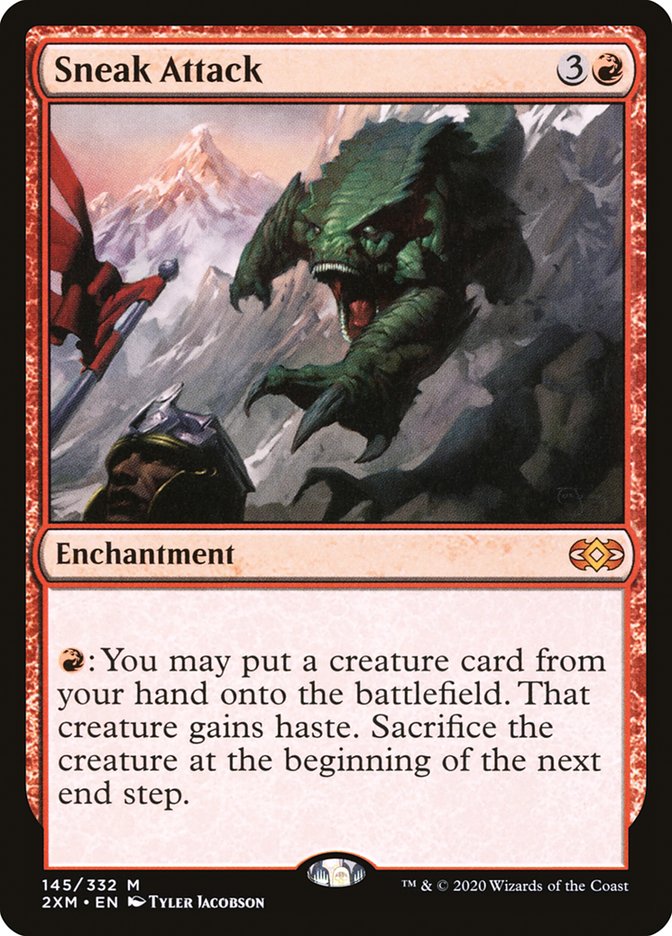
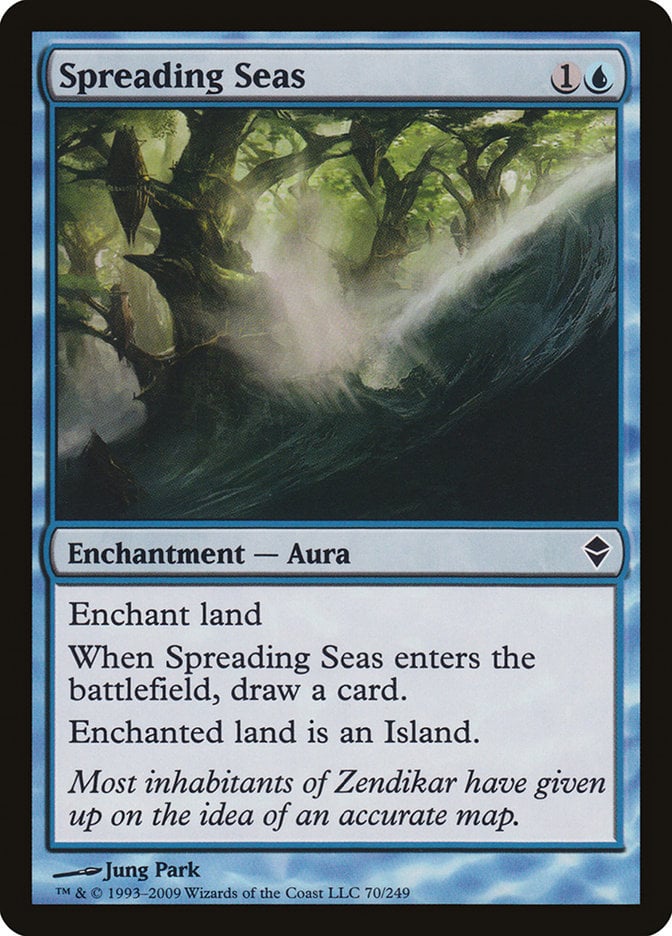
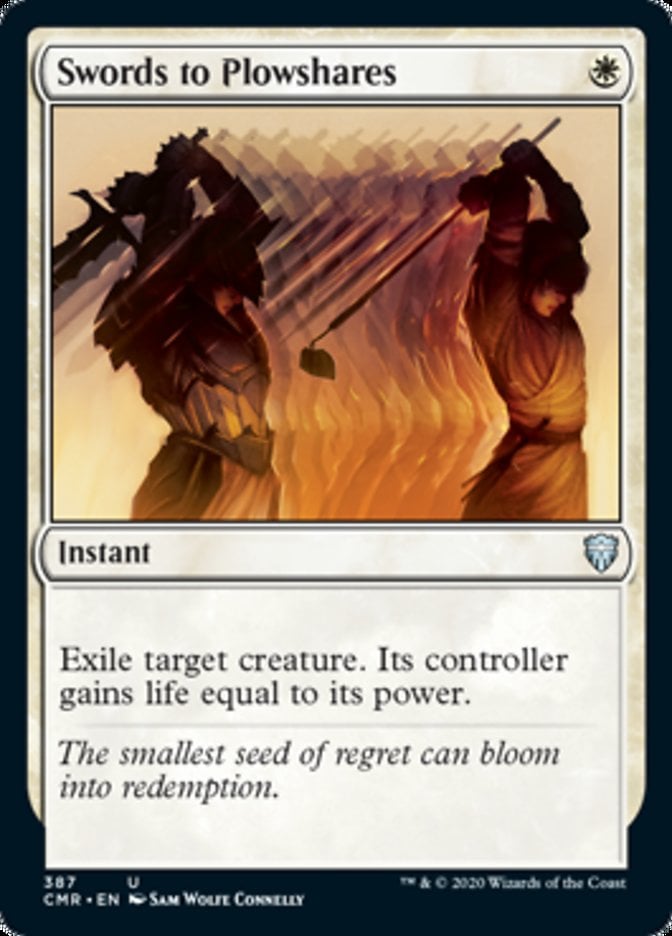
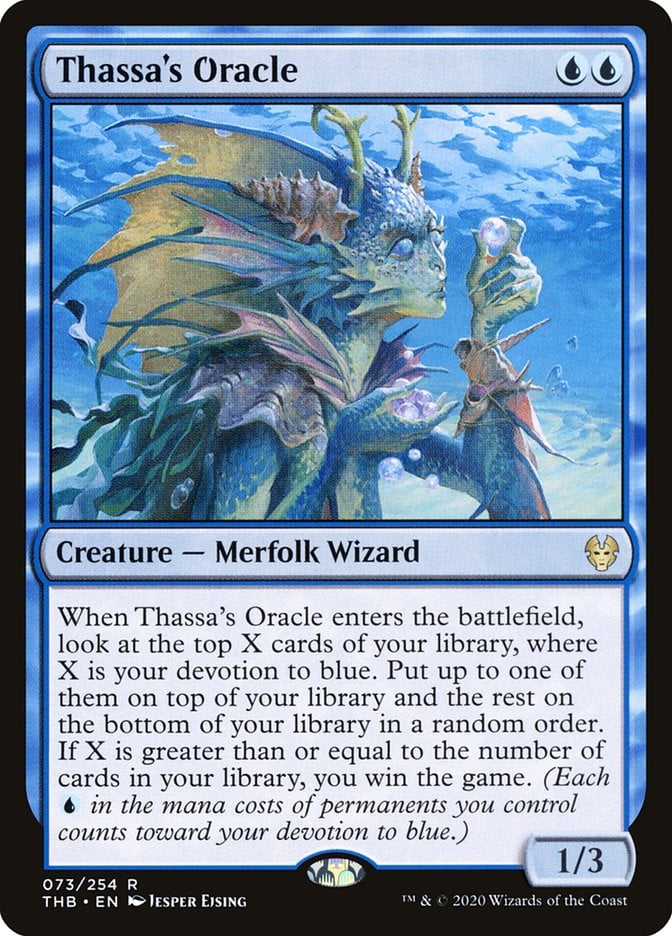
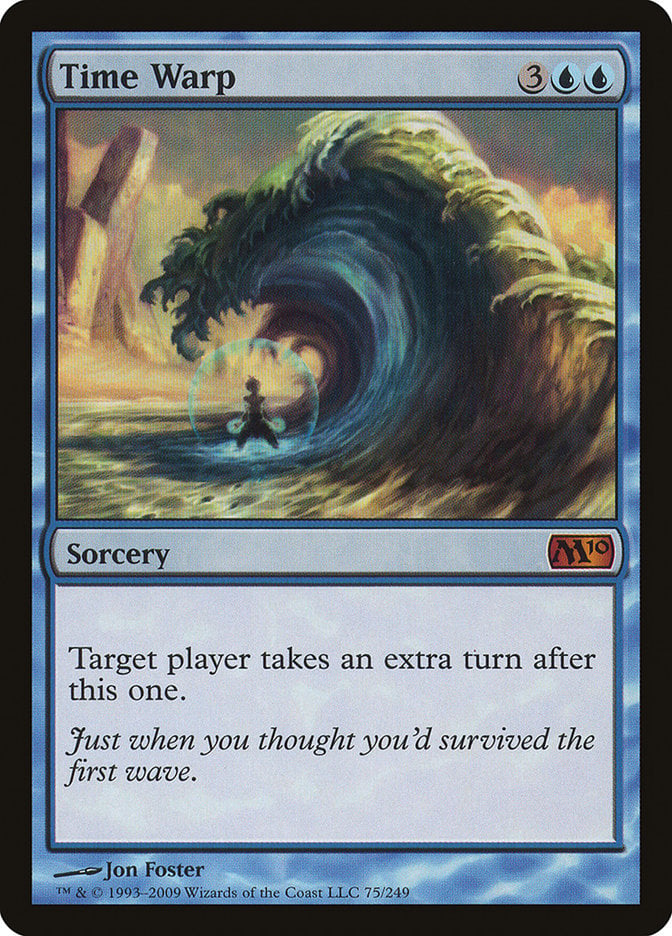
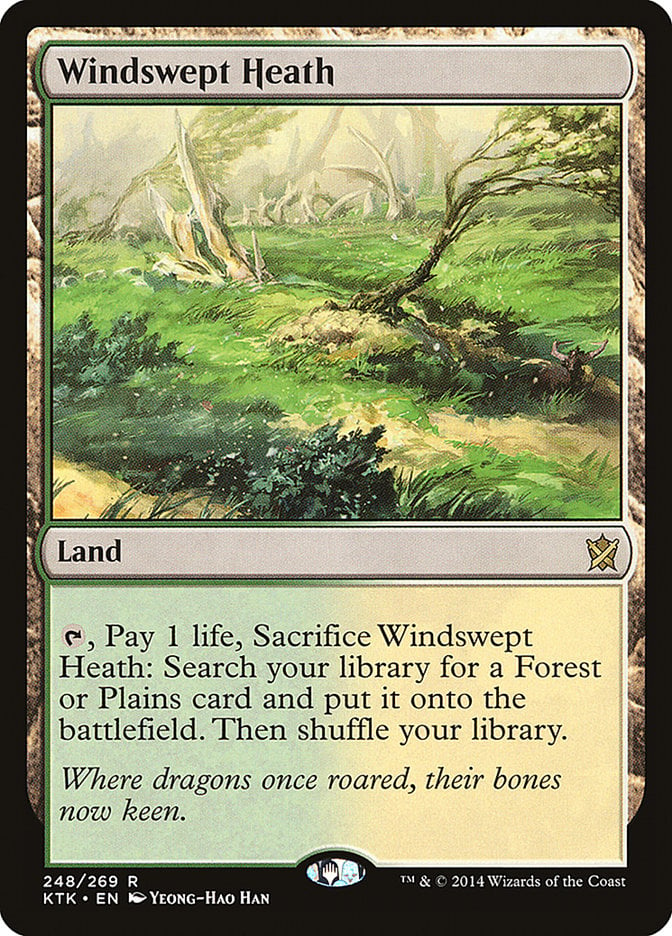
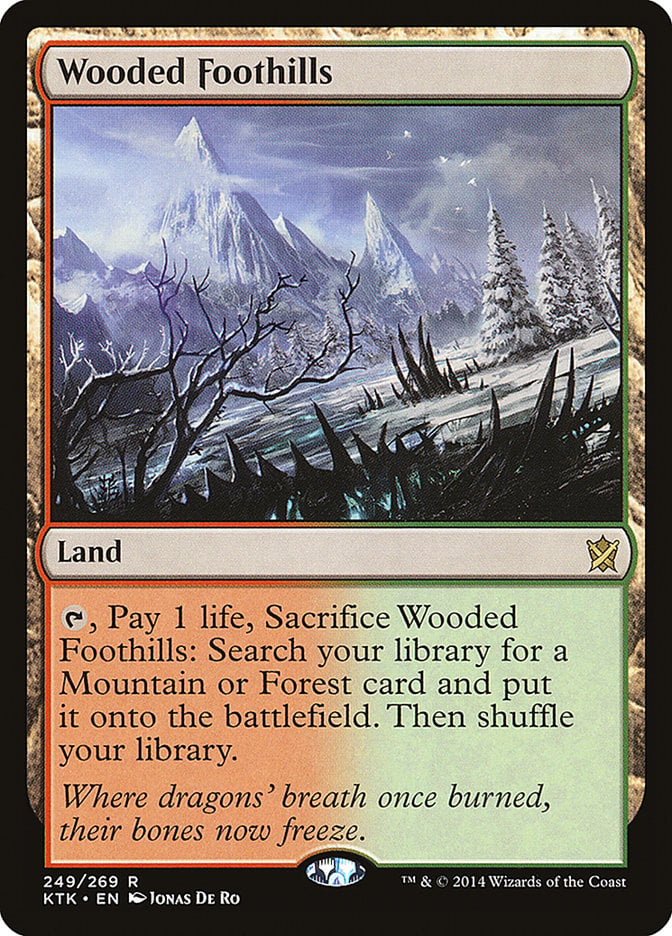
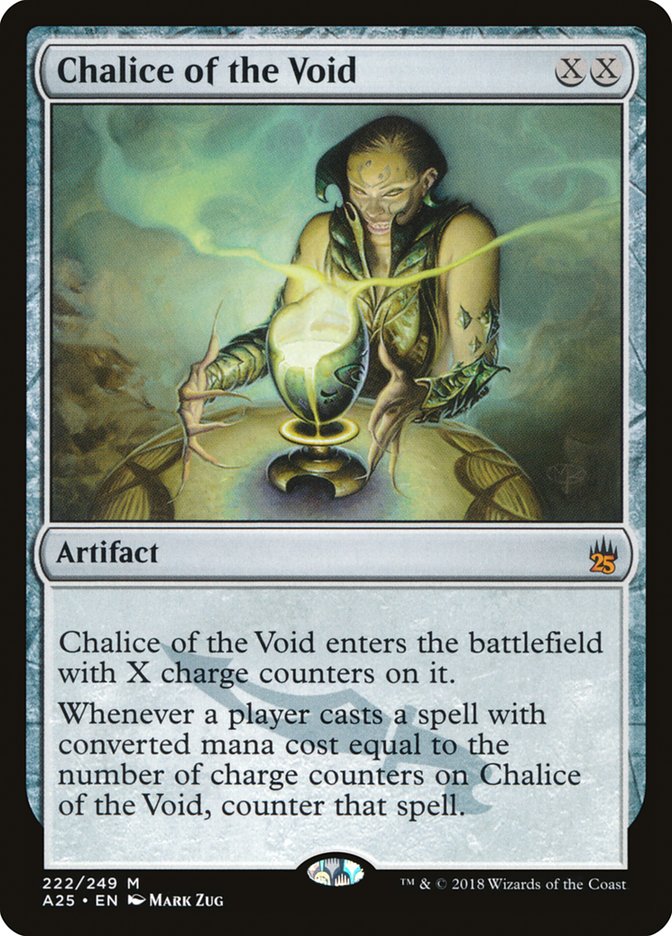
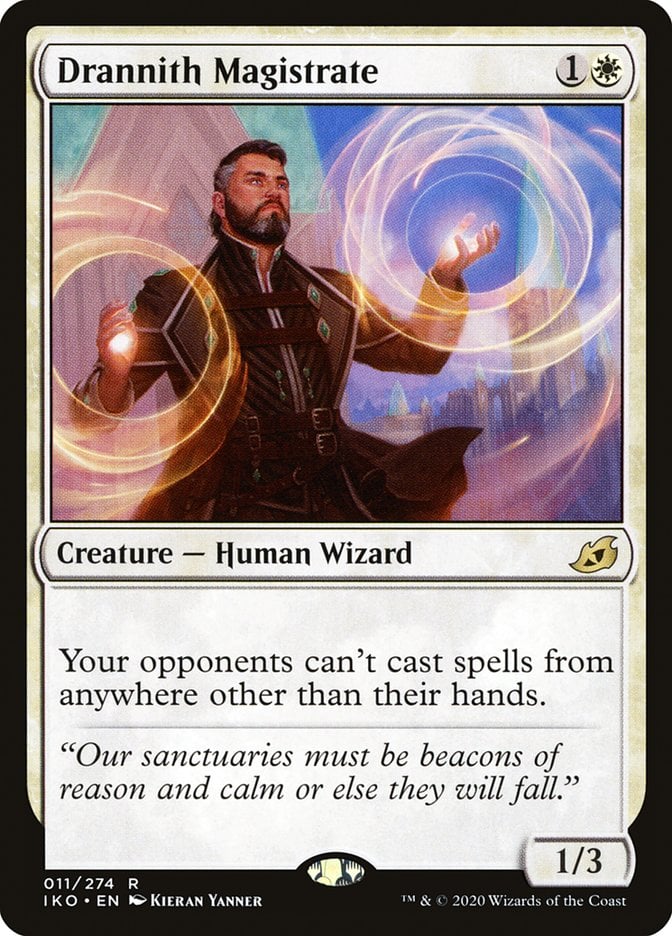
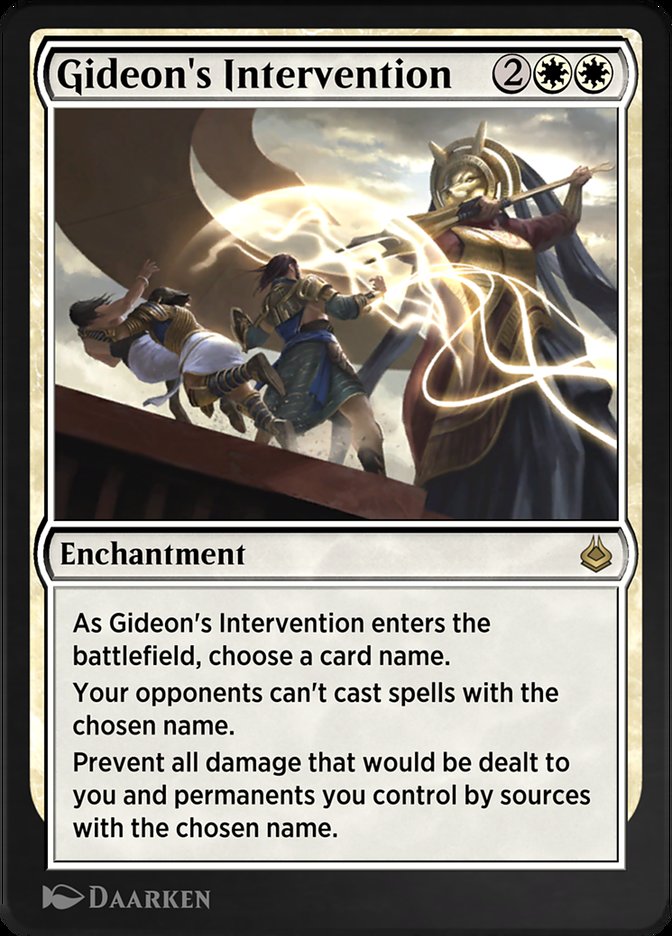
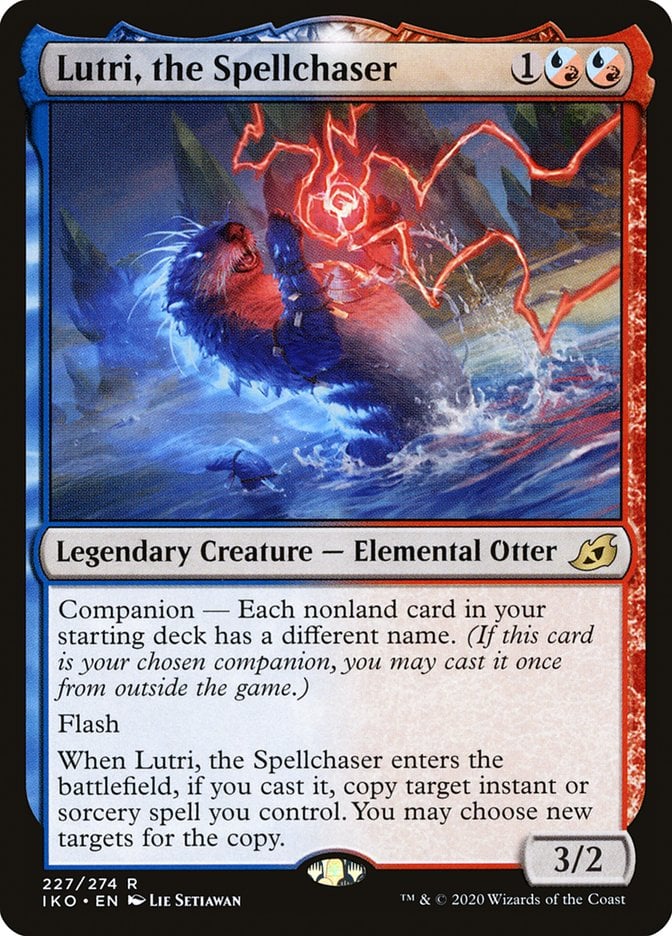
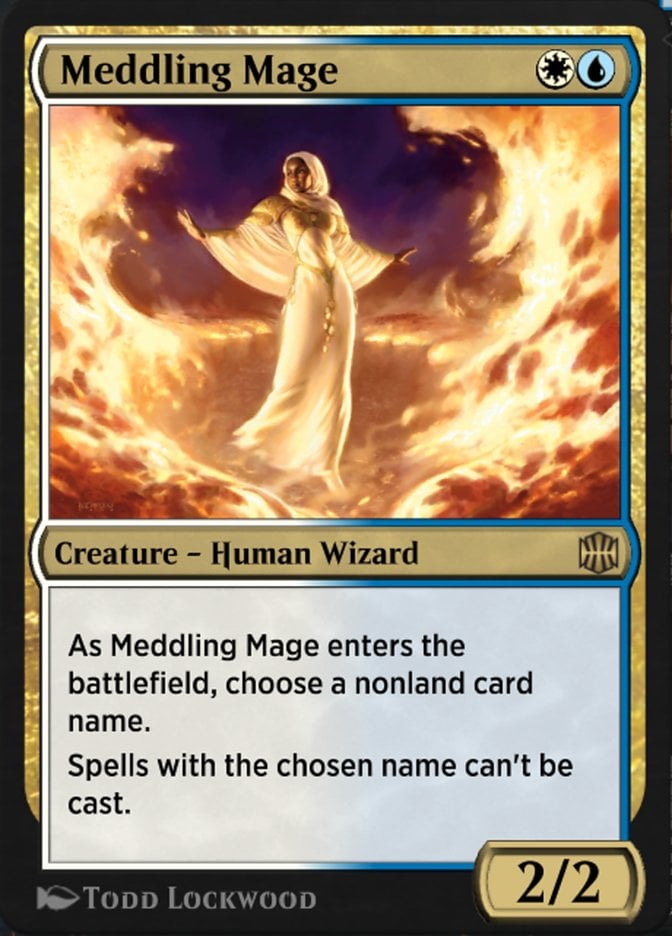
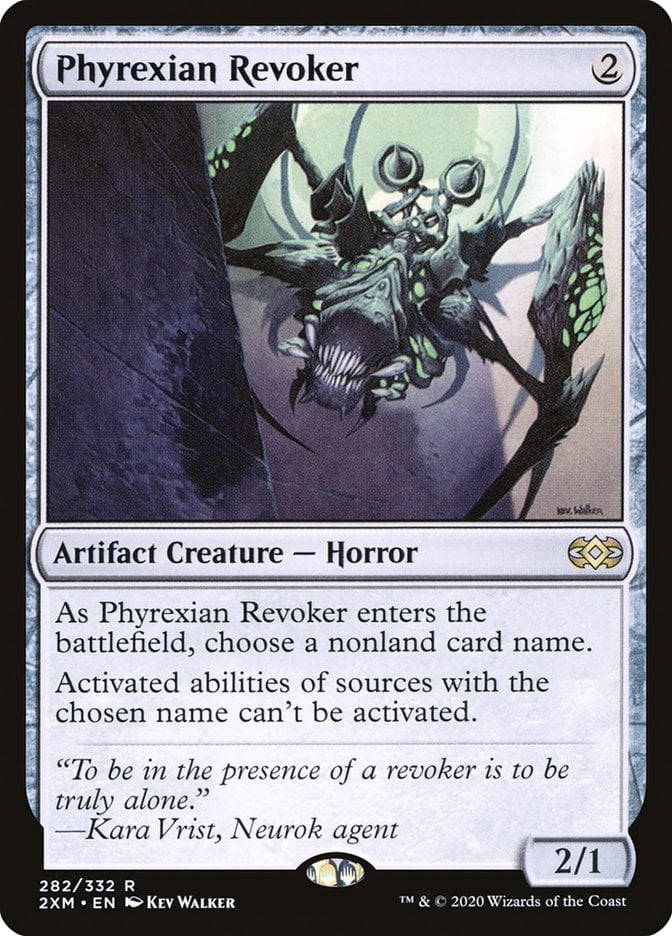
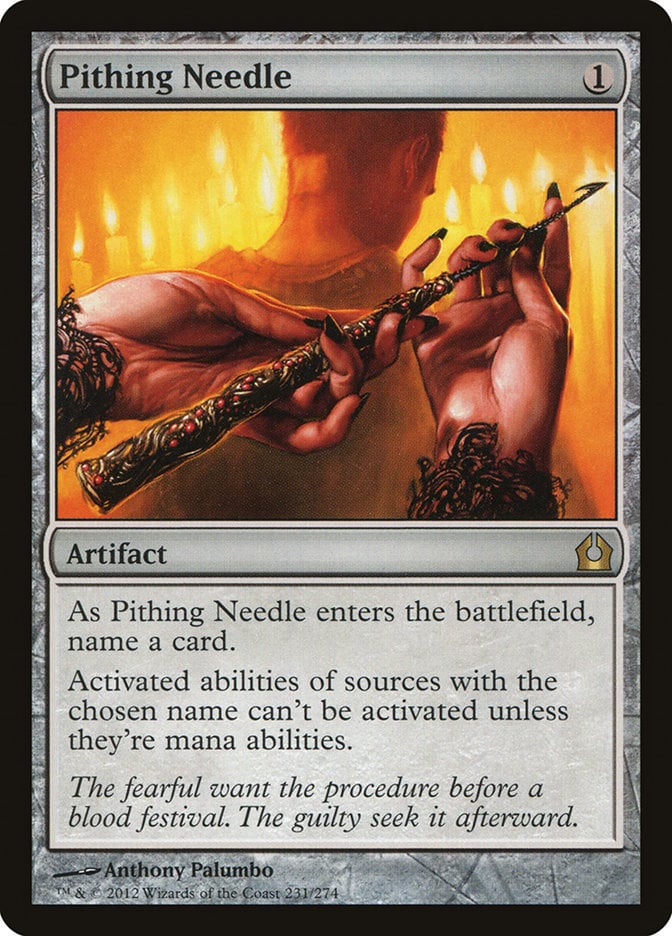
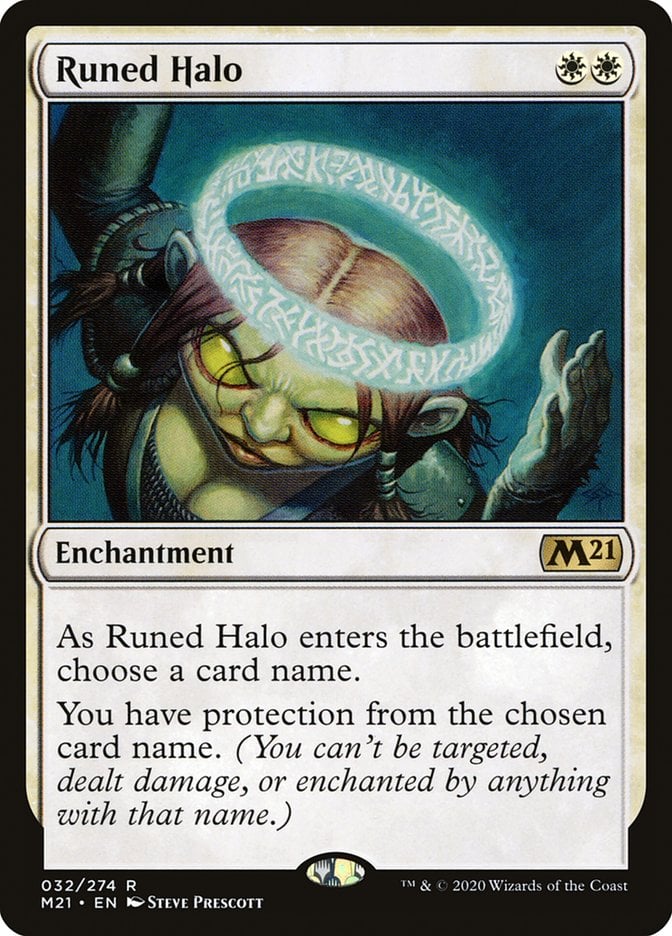
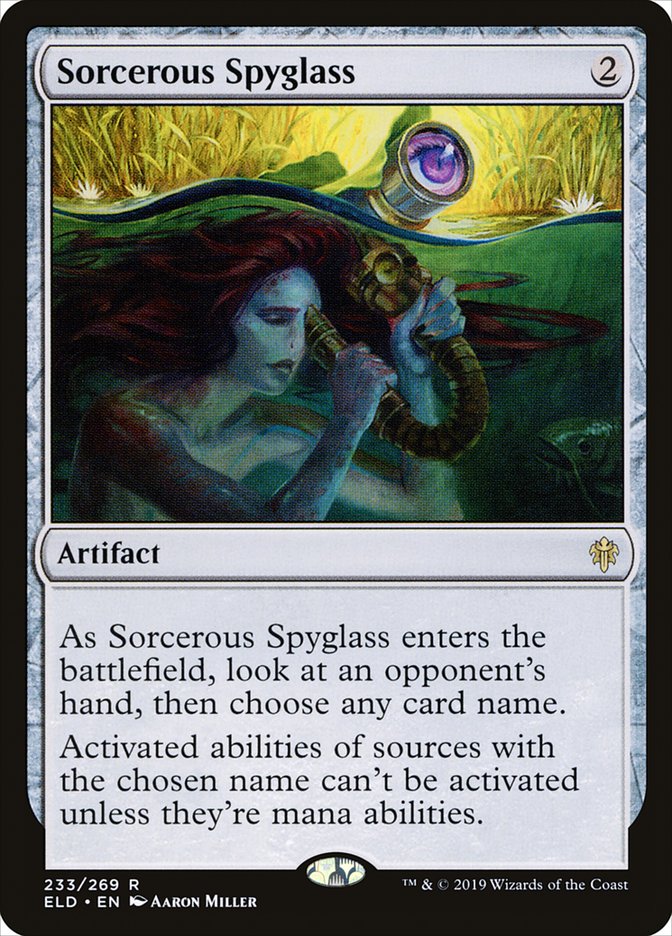
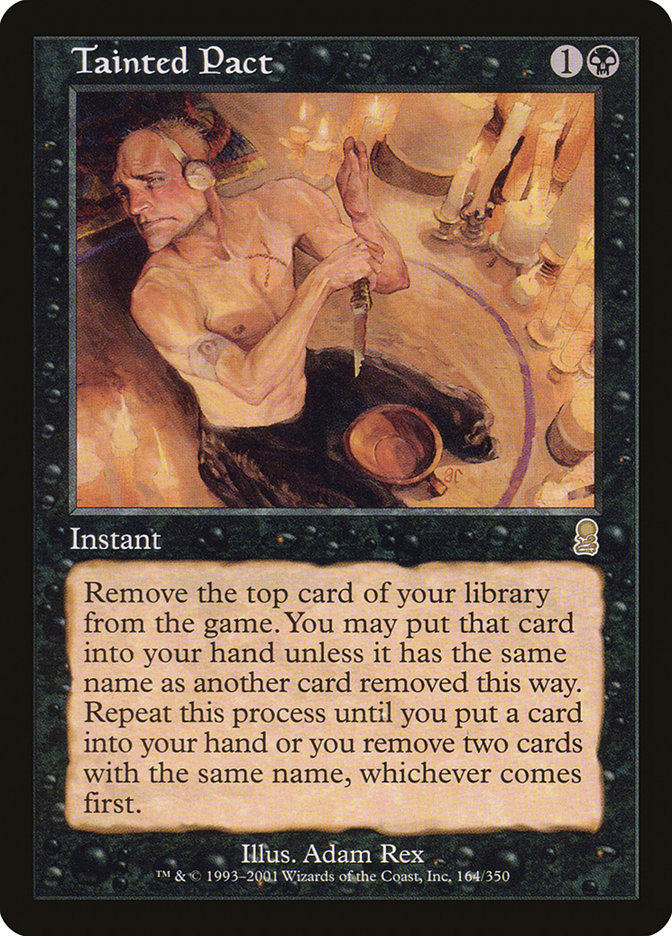
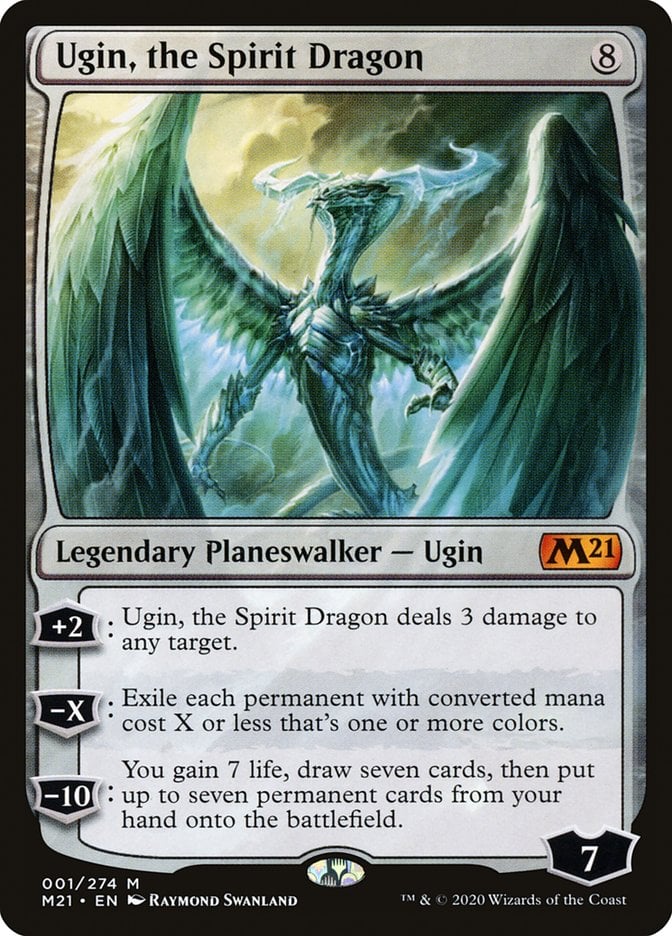


Add Comment